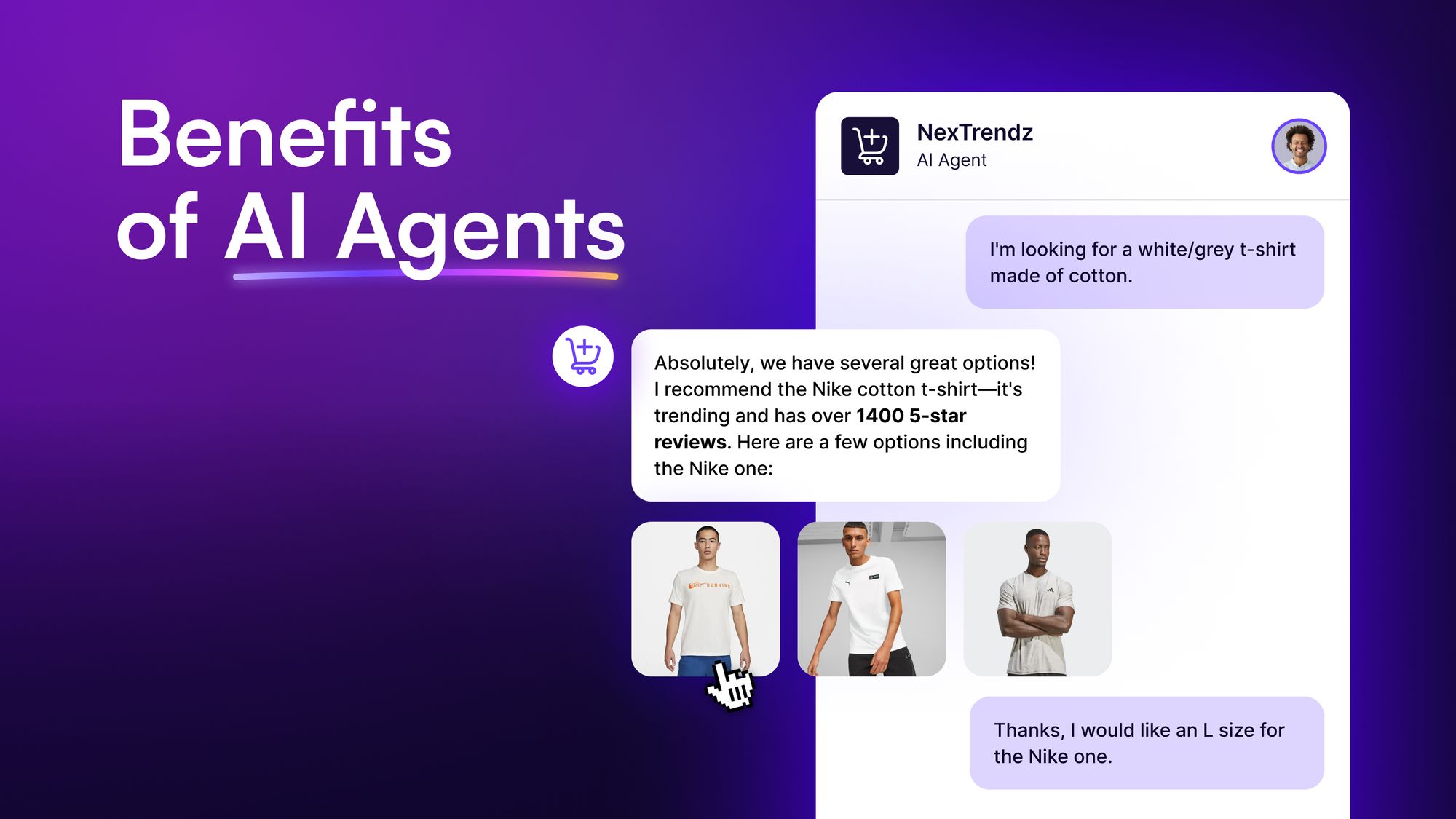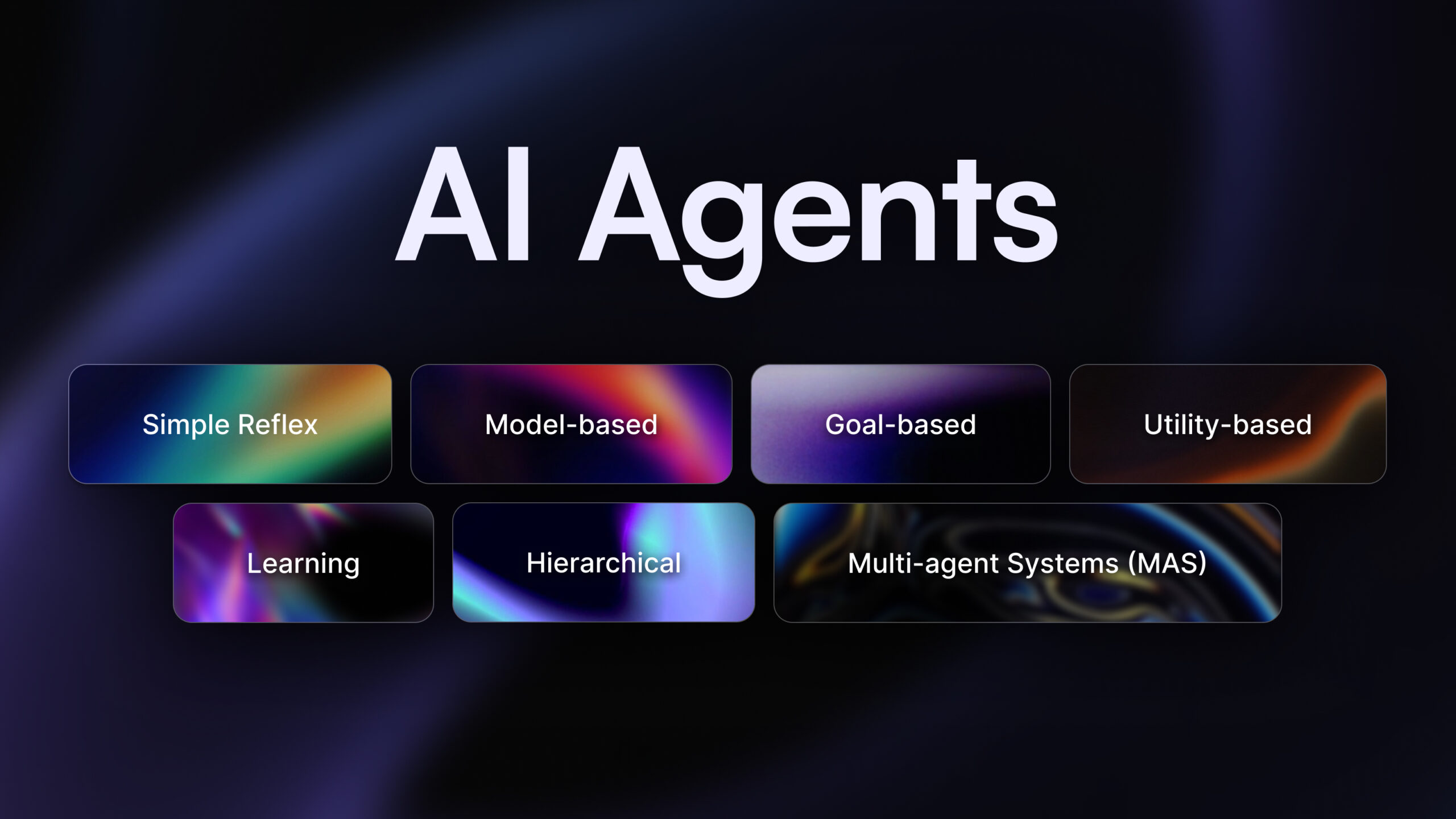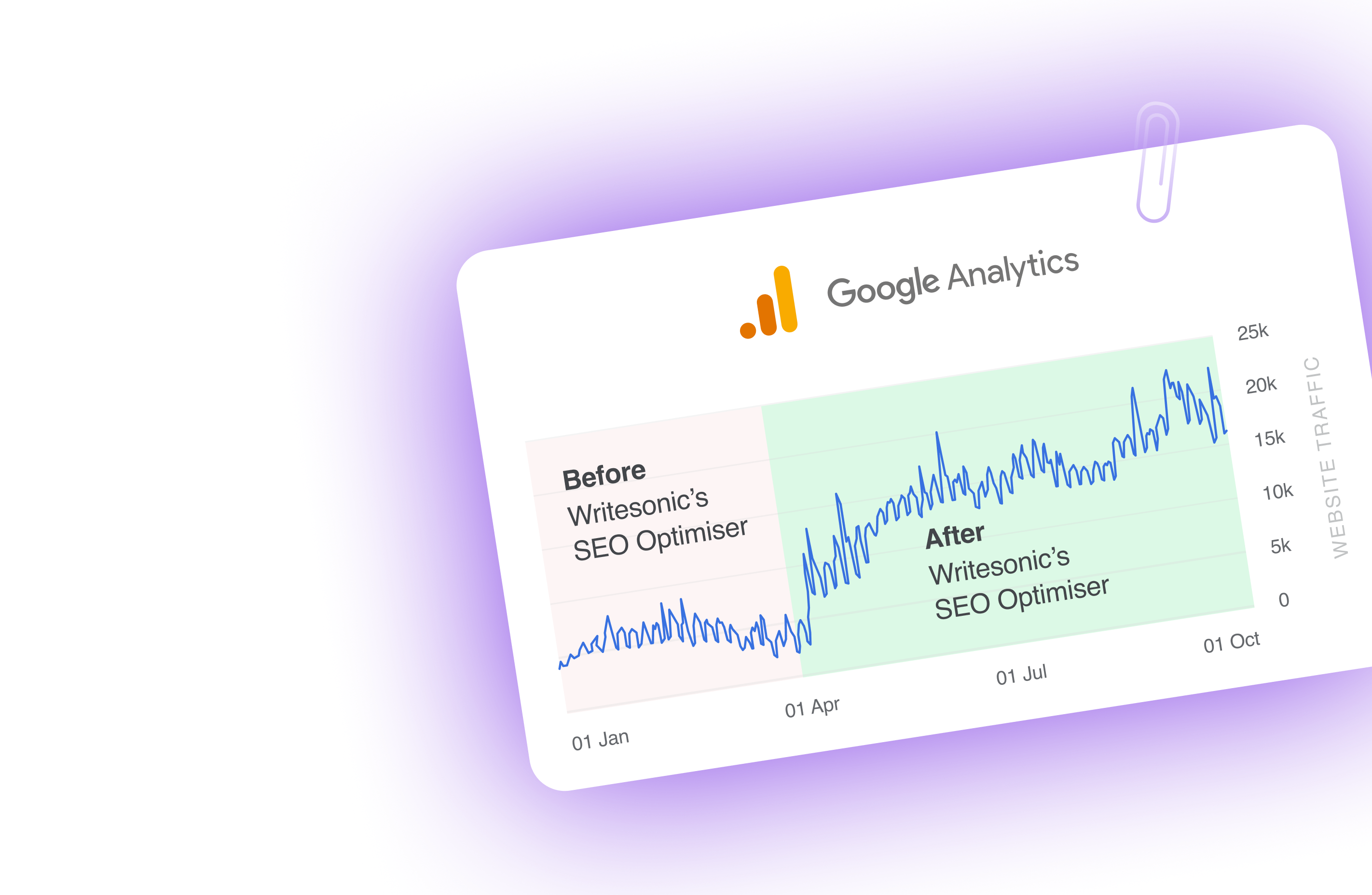With AI agents in content marketing reshaping strategies, new content formats emerging, and Google’s constant algorithm updates, the industry is taking a bold turn.
This shift makes it the perfect time for marketers to adopt AI in content marketing and integrate them into their workflows.
Today, there are tools that provide end-to-end support throughout your content marketing workflow. These agents help with everything from research and ideation to creation and performance analysis.
So, if you’re looking for ways to automate content marketing using AI agents, keep reading to learn more about:
- How AI agents work for content marketing tasks and their framework.
- Different types of AI agents in content marketing.
- Different uses of AI agents in content marketing workflows.
- Benefits of AI agents in content marketing
- How Chatsonic fits into your content marketing strategy.
- Best practices for implementing AI agents in your content marketing strategy.
Understanding AI agents in content marketing
AI agents in content marketing are sophisticated software programs that use artificial intelligence to handle specific content-related tasks independently.
These digital assistants go beyond basic automation by learning from interactions and adapting their responses based on your content marketing goals.
In fact, 68% of businesses see an increase in content marketing ROI thanks to using AI.
That’s because AI agents act like dedicated content marketing team members who work around the clock. They process information, make decisions, and act based on predefined rules and learning patterns.
Types of AI agents in content marketing workflows:
- Simple reflex agents automatically trigger actions like posting content when specific conditions are met, ensuring timely content distribution.
- Model-based reflex agents adapt strategies based on an internal understanding of user behavior, optimizing content delivery times and AI-generated output.
- Goal-completion agents focus on achieving marketing objectives, such as increasing traffic or engagement, by aligning content strategies with set goals.
- Learning agents continuously improve content strategies by learning from past campaign data and adapting to new trends and audience preferences.
- Hierarchical agents oversee complex content marketing processes by breaking them into manageable tasks, ensuring alignment with the overall strategy.
- Multi-agent systems coordinate multiple agents to handle different aspects of content marketing, from creation to analysis, for a cohesive approach.
- Personalization agents deliver tailored content experiences based on user preferences, enhancing engagement and conversion rates.
These AI agents can also work together in a coordinated system.
For example, Writesonic’s AI Article Writer can identify trending topics, pass this information for content development, and then share the finished piece for publication through a WordPress integration.
Moreover, AI agents differ from simple automation tools because they can make autonomous decisions within their specialized domains.
They analyze patterns, learn from outcomes, and adjust their strategies accordingly, making them valuable assets for scaling your content marketing efforts.
How AI agents in content marketing work
The framework behind AI agents in content marketing operates through a sophisticated combination of artificial intelligence components.
At its core, these agents utilize machine learning and natural language processing to understand and execute content-related tasks.
Core components of AI agents include:
- Perception systems for analyzing the content tonality, style, and intent.
- Reasoning and interpretation capabilities.
- Problem-solving mechanisms.
- Responsive action modules.
- Memory systems for context retention.
Furthermore, your AI content agent maintains both short-term and long-term memory to ensure coherent content creation across multiple interactions.
Specifically, these agents employ retrieval-augmented generation to access external databases, ensuring that your content remains factually accurate and up to date.
An AI agent’s “brain” typically relies on Large Language Models like GPT-4 or Mistral, which process your objectives and determine the most effective content generation approach.
Consequently, these models can analyze vast amounts of data, identify patterns, and generate content that aligns with your brand voice and style.
Quality assurance components within the framework allow precise control over language, brand voice, and compliance.
This means that when you input your content requirements, the agent processes them through multiple layers.
First, the AI will analyze the request, then plan the approach, and finally, it will execute the content creation while maintaining consistency with your brand guidelines.
Similarly, the framework includes monitoring capabilities that track each agent’s performance and allow you to modify their actions as needed.
This ensures you maintain control while the agents work autonomously to support your content marketing efforts.
💡Learn more about: 40 AI Agent Use Cases Across Industries + Examples
Differences between AI agents, chatbots, and multiagents
The right tool for your content marketing needs depends on understanding how AI agents, chatbots, and multiagents differ.
Traditional chatbots operate with predefined rules and scripted responses. AI agents, however, can understand context, learn from interactions, and make autonomous decisions about your content strategy.
A content marketing chatbot can answer simple questions about content guidelines or posting schedules.
But, an AI agent takes this further by analyzing trends, suggesting content improvements, and executing complex marketing tasks without supervision.
- Decision-making chatbots vs. AI agents: Chatbots guide users to select blog topics using predefined criteria, while AI agents analyze trends and preferences to suggest tailored recommendations.
- Learning capability AI agents: These agents refine content suggestions by learning from engagement metrics and improving recommendations based on user interactions over time.
- Knowledge base agents: They synthesize data from reports and trends to develop comprehensive content strategies, identifying key topics and formats.
- Task complexity chatbots vs. AI agents: Chatbots automate simple tasks like social media posting, whereas AI agents manage complex campaigns, including content creation and performance analysis.
Multiagent systems take this capability even further by combining specialized AI agents. Each agent handles a specific part of your content marketing workflow.
While one agent optimizes SEO, another schedules social media posts, and a third analyzes performance.
Although AI agents require more initial setup than chatbots, they need less ongoing maintenance.
A chatbot typically needs hundreds of training examples and regular updates, yet an AI agent can learn independently from your existing content and marketing materials.
💡Learn more about: AI Agents vs. AI Chatbots: What Is The Difference?
Benefits of AI agents in content marketing
AI agents are transforming content marketing by offering solutions that improve efficiency, precision, and scalability.
Here’s how they deliver value across key areas:
1. Increased efficiency and productivity
AI agents handle repetitive tasks like keyword research, content drafting, and performance tracking, freeing marketers to focus on strategy and creativity.
36% of AI users finish long articles in less than an hour, and 35% take 2-3 hours. On the other hand, 49% needed more than 3 hours before using AI, highlighting just how much AI can improve efficiency.
With so much time saved on content creation, marketing teams have more time to strategize and optimize campaigns.
2. Enhanced personalization
With advanced audience segmentation capabilities, AI agents analyze user preferences and behaviors to create highly targeted content.
Whether it’s personalized email campaigns or tailored blog recommendations, these tools ensure every interaction resonates with the audience.
For example, tools like Microsoft Clarity’s predictive heat maps allow content marketers to understand their blog performance experience for a user.
Plus, their built-in GPT lets you comprehend this data using conversational AI.
3. Improved content quality and consistency
AI agents maintain brand voice and tone while ensuring content is grammatically sound, SEO-optimized, and aligned with audience needs.
For example, Chatsonic’s brand voice configuration allows marketers to input PDFs, external documents, links, or your content guidelines so the AI agent can adapt to your required tonality.
4. Data-driven decision making
Content marketing strategies require data-driven insights based on past performance metrics. You can effectively optimize your content, campaigns, and overall strategy with the right data.
Instead of manually interpreting data from multiple sources, AI agents can streamline this process by analyzing and summarizing all your key data points under a centralized platform.
Plus, these tools can suggest actionable insights based on the data findings.
This way, marketers can save considerable time creating custom reports and make informed decisions that will improve their results.
5. Cost-effectiveness
Automating tasks reduces the need for large teams, cutting costs while maintaining output.
Small businesses, in particular, benefit from AI agents to deliver enterprise-level results within budget constraints.
More importantly, when you have an AI agent like Chatsonic, you don’t need to spend money on multiple marketing tools, making it a perfect choice for startup SEO goals.
Since Chatsonic integrates with popular marketing platforms like Ahrefs, Hubspot, and Google Search Console, your entire marketing tech stack becomes centralized for a seamless, end-to-end workflow.
💡Read more about: Top 7 Benefits of AI Agents With Examples and Use Cases
The role of AI agents in content marketing workflows: 5 different use cases
An AI agent’s ability to analyze data, adapt to trends, and execute tasks autonomously gives marketing teams a competitive edge.
Whether it’s brainstorming new ideas, refining content strategies, or tracking performance, AI agents operate with precision and consistency.
Let’s explore how these agents fit into five critical areas of content marketing.
1. Content ideation and brainstorming
The pressure to consistently produce fresh, engaging content is real, especially when competing with a sea of similar ideas.
Fortunately, AI agents don’t just suggest random topics. Instead, they use a layered approach that combines audience insights, competitor analysis, and real-time trend data to generate timely and impactful ideas.
Here’s how content marketing AI agents enhance content ideation:
- Analyzing industry trends
AI agents monitor news, forums, and even social media conversations to identify emerging trends before they peak.
For example, tools like Chatsonic can flag an increase in searches for “AI in eco-friendly business practices,” signaling an opportunity to create authoritative content on this rising topic.
- Uncovering content gaps
Manually going through competitor content and keyword research tools to uncover gaps is time-consuming.
Instead, AI marketing agents, like Chatsonic, integrate with tools like Ahrefs and Google Search Console to uncover keywords and identify topic gaps by comparing your library against competitors’ offerings.
For example, here, we asked Chatsonic to identify trending topic clusters related to the latest AI trends:
- Synthesizing multiple data sources
AI marketing agents like Chatsonic integrate insights from platforms like Google Trends, Ahrefs, and the latest Google Search data.
This means Chatsonic generates ideas backed by solid SEO and audience intent data.
Unlike traditional AI tools like ChatGPT, Chatsonic takes it further by providing real-time, fact-checked insights without manual cross-checking.
2. Research and analysis
Recent studies show that 31% of marketers use AI tools to gather statistics and analyze data.
An AI content marketing agent acts as a dedicated research assistant, continuously gathering valuable insights. These agents excel at processing vast information to identify meaningful patterns and trends.
Some key research capabilities of an AI marketing agent include:
- Market trend analysis and prediction.
- Competitor content gap identification
- Keyword research for SEO
- Statistical data compilation
With Chatsonic’s AI marketing agent, we identified keyword opportunities for a blog on “indoor workouts.”
Moreover, it provides a detailed report on keyword search volume, competition, intent, and how to rank for the term.
3. Content creation and optimization
AI agents can create content up to 10 times faster than traditional methods.
While ideation focuses on generating creative topics, research and analysis ensure facts, audience data, and strategic insights inform these ideas.
AI agents act as hyper-efficient researchers, automating complex data gathering and analysis to shape evidence-based strategies.
The best part is that tools like Writesonic and Chatsonic are equipped with quality assurance, allowing for precise control over language, brand voice, and the generation of fact-checked content.
This means you can maintain consistency and factual data while scaling AI content production.
For example, with Writesonic’s AI Article Writer, you can generate an insightful blog in minutes.
All you need to do is enter a few details, including keywords to target, competitor blogs, and additional settings like your brand voice.
4. Content distribution and promotion
Effective content distribution requires precise timing and channel selection.
AI content marketing agents streamline this process by automating promotional activities across multiple platforms.
How AI agents streamline promotion:
- Automated scheduling:
AI-powered social media tools can identify the best times to post based on audience activity.
They can automate posts across platforms like LinkedIn, Twitter, and Instagram, ensuring consistent engagement without manual intervention.
For instance, Socialsonic‘s intuitive scheduling system allows users to organize and plan their LinkedIn posts. This allows users to maintain a consistent posting schedule, which is crucial for building a strong online presence.
- Channel-specific customization
Different platforms demand different content formats.
Fortunately, content marketers can streamline this process with AI agents that tailor the same message to different platforms.
For instance, AI tools can summarize a long-form blog post for Twitter while creating a carousel post for Instagram.
Socialsonic offers an AI-powered carousel creator specifically for LinkedIn, which can transform your expertise into visually appealing content for higher engagement.
- Content performance analysis and reporting
A content marketing strategy is incomplete without analyzing performance and reporting on key metrics.
This process is time-consuming. You need to pull data from your core marketing tools, interpret it, and present the findings in tables or sheets, which can be tedious.
Instead, AI marketing agents like Chatsonic take this process to the next level by integrating with tools like Ahrefs, SEMrush, and Google Search Console to deliver reports that marketers can download in a presentable format.
With real-time insights and actionable recommendations, content marketers can save hours on performance analysis and generating reports.
For example, Chatsonic’s Marketing Mode can consolidate data from Google Analytics and CRM tools into unified dashboards.
Below, we extracted data for Writesonic’s blogs through Google Search Console and asked Chatsonic to interpret which topic clusters receive the most traffic.
With these insights, content marketing teams can easily optimize their strategies using data-driven insights instead of guesswork.
In the example below, Chatsonic suggests which blogs need a content refresh based on the Google Search Console data shared earlier.
💡Also read: 9 AI Content Marketing Use Cases Every Business Should Know
Best practices for implementing AI agents in your content marketing strategy
Implementing AI agents in your content marketing workflow requires careful planning and strategic execution.
A recent study shows that 67% of companies struggle with AI implementation due to a lack of clear guidelines.
To prevent the challenges of implementing AI agents for your content marketing team, here are some best practices to follow:
1. Start with clear objectives
Before you incorporate any AI agent into your workflow, ask yourself the following questions:
- Why do you need AI for your content marketing team?
- What do you aim to achieve with the use of AI?
- Is there a specific workflow you aim to enhance with AI?
With these questions in mind, you’ll better understand exactly where your AI agent can help you most and what kind of tool you need.
For example, you might already have a strong content-writing workflow but struggle with reporting and analytics.
Investing in an AI writing tool makes no sense, but a platform that automates reporting and content analysis can help.
2. Create detailed brand guidelines for AI tools
To make the most of your AI tools, develop a comprehensive guide that outlines your brand’s voice, style, industry, and target audience.
Include examples of ideal AI-generated content and instances to avoid. This ensures consistency across all materials.
3. Implement human oversight for quality control
Set up a multi-level review system if you rely on AI writing tools for content generation, ad campaigns, or any marketing material.
Start with AI-generated drafts, followed by writer reviews and final approval from senior content strategists. This balances efficiency with quality control.
You can also incorporate AI to check for plagiarism, readability, and SEO for blogs. Have human editors review for brand voice, emotional resonance, and strategic alignment.
4. Integrate AI with your MarTech stack
Ensure your AI tools seamlessly integrate with your existing marketing technologies. This integration will allow for more efficient workflows and better data utilization.
For example, Writesonic can integrate with WordPress for instant publishing–including internal linking through your blog!
5. Upskill your team
Invest in training your marketing team on AI technologies.
Focus on areas like prompt engineering so your team can create adequate instructions for AI models.
Teach your team how to write prompts that generate content aligned with your brand voice and marketing goals. Content marketing teams should also be trained in AI output evaluation to ensure quality control.
6. Balance AI tools with human expertise
Use AI for data-heavy tasks and initial content generation but rely on human creativity for high-level strategy and emotional storytelling.
This combination leverages the strengths of both AI and human expertise.
For example, use AI to analyze trends and generate data-driven content ideas, then have your creative team refine these ideas and add the human touch.
Why Chatsonic is the best AI agent for content marketing
Chatsonic isn’t just another AI chatbot–it acts like a content marketing ally.
Unlike generic AI tools, Chatsonic connects seamlessly with your entire marketing stack, transforming isolated tasks into smooth, automated workflows.
Need to create high-ranking content? Chatsonic’s got you covered.
It dives into Ahrefs for keyword research, analyzes your competitors, crafts optimized content, and can even publish directly to WordPress.
And don’t worry about AI hallucinations. Chatsonic relies on real-time web insights to ensure your content and strategies are always current.
The best part is that Chatsonic can switch between OpenAI’s o1 preview, GPT-4o, Anthropic’s Claude 3.5, and Gemini to get the best results for your marketing tasks.
With Chatsonic, you’re not just keeping up with the content marketing race–you’re setting the pace.
FAQs
1. How is AI used in content marketing?
AI transforms content marketing by automating tasks like topic research, content creation, and personalization. It helps marketers analyze audience data to tailor content that resonates, optimize SEO, and predict trends.
AI-powered tools can generate headlines, write drafts, and analyze performance metrics, making campaigns more efficient and impactful.
2. What are the five types of AI agents?
AI agents are typically categorized into reactive, limited-memory, theory-of-mind, self-aware, and utility-based agents.
Each type varies in complexity, from basic reactive systems that respond to specific inputs to advanced self-aware systems capable of introspection and strategic planning.
3. What does an AI agent do?
An AI agent operates autonomously to perform tasks, solve problems, and make decisions based on its programming and environment. It observes, processes data, and acts in ways that align with its goals, whether recommending products, optimizing logistics, or interacting with users in customer service.
4. How will AI be used in marketing?
AI will enhance marketing by enabling hyper-personalized campaigns, automating workflows, and delivering actionable insights through data analysis.
It will power chatbots, predictive analytics, and dynamic content creation, helping businesses connect with their audience more effectively while improving efficiency and ROI.

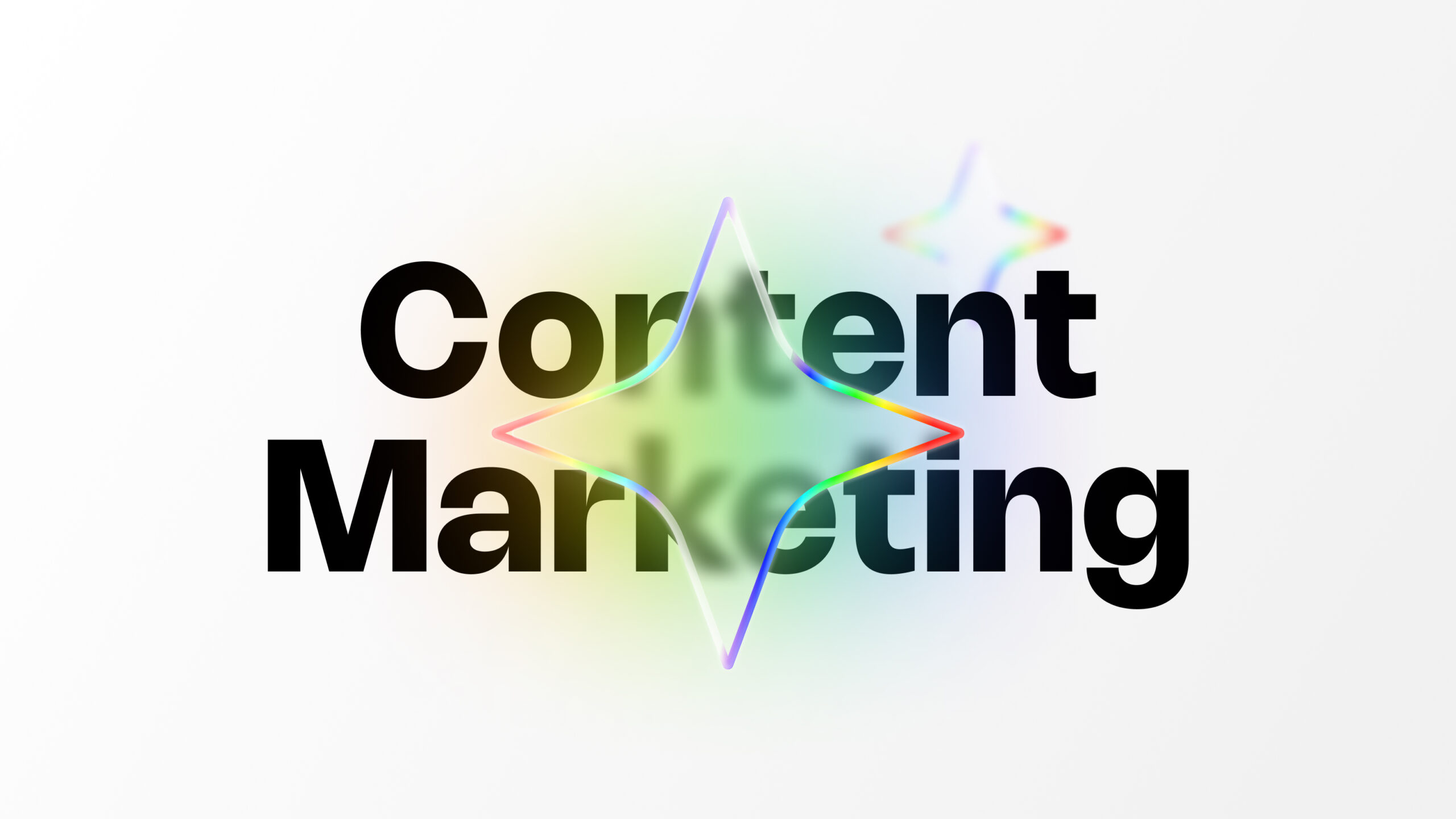
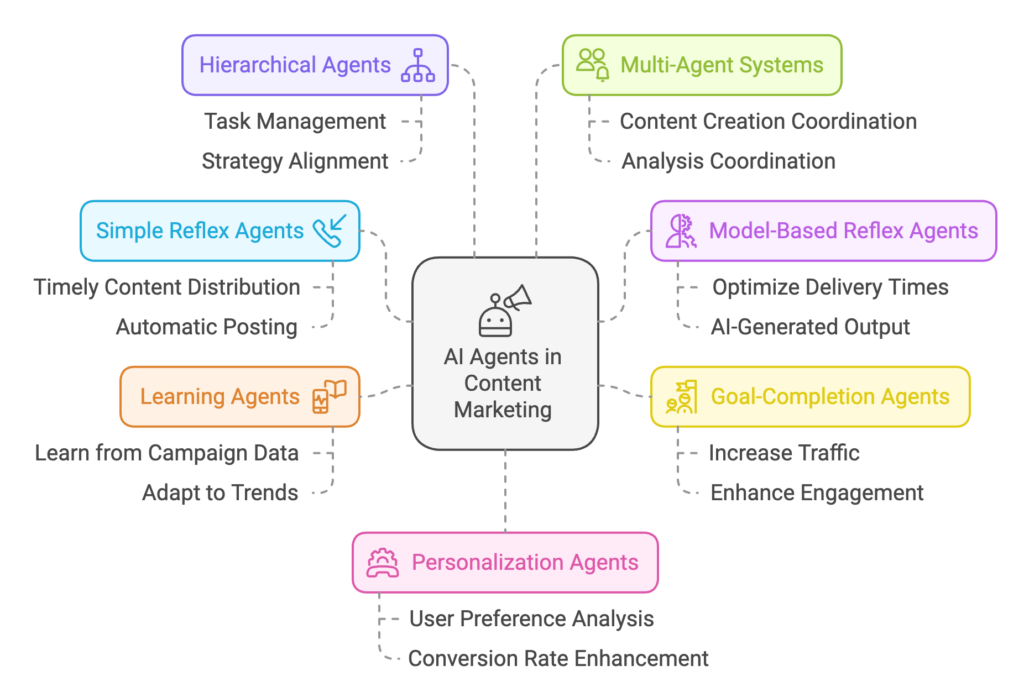
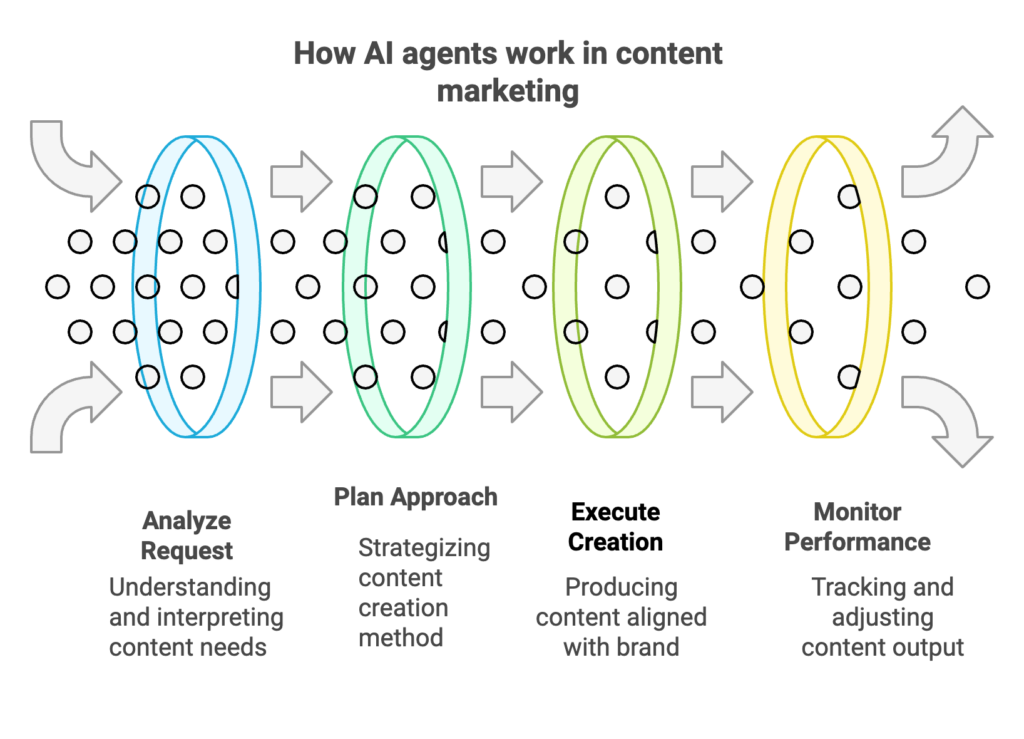
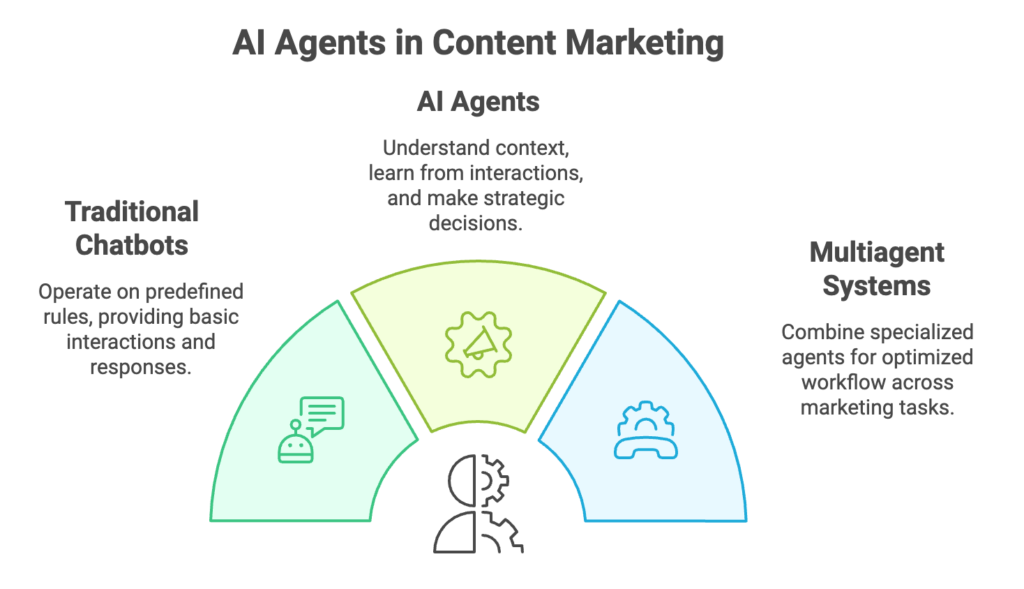
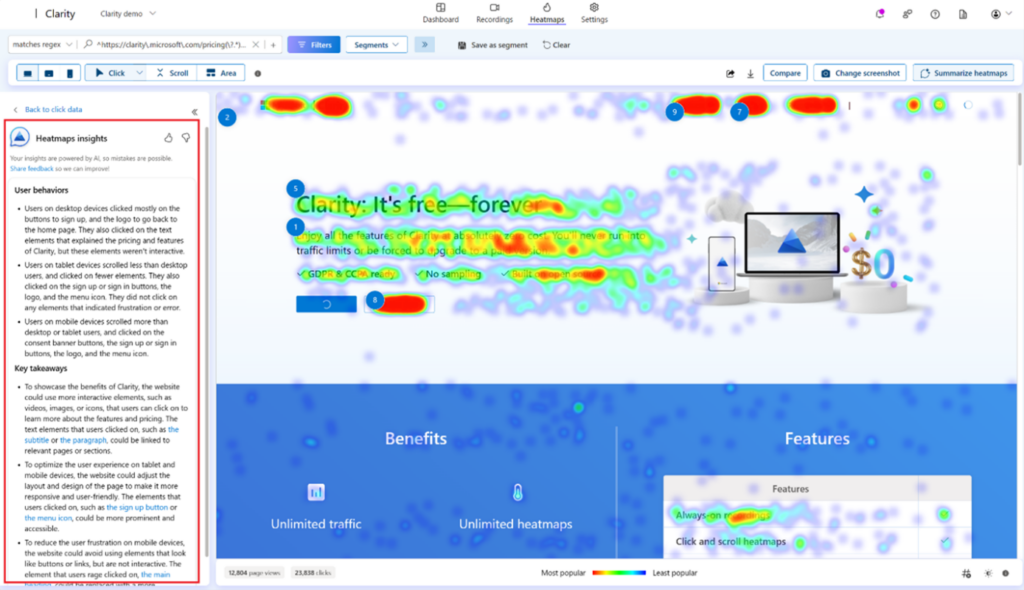
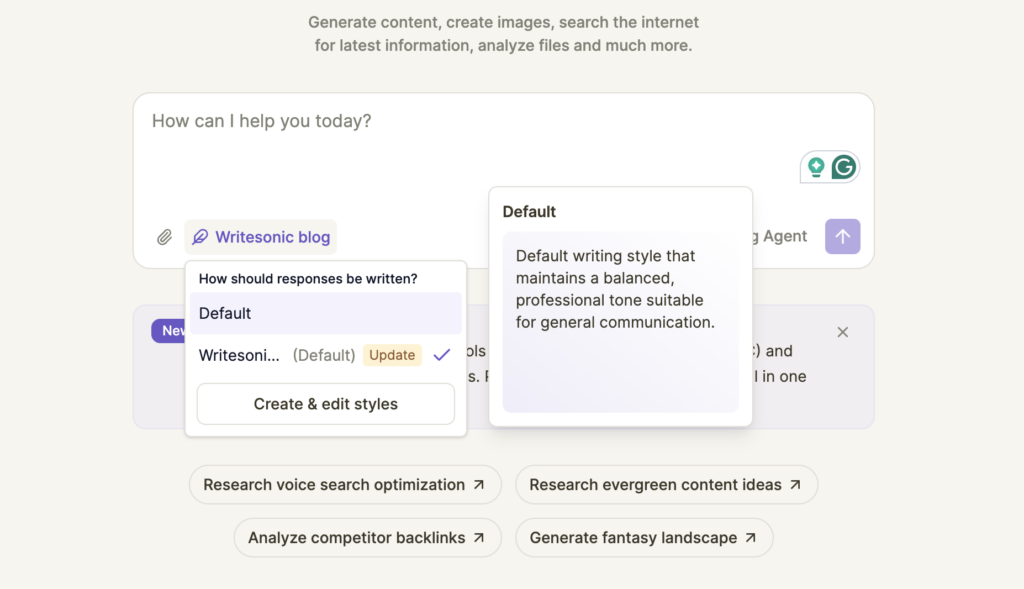
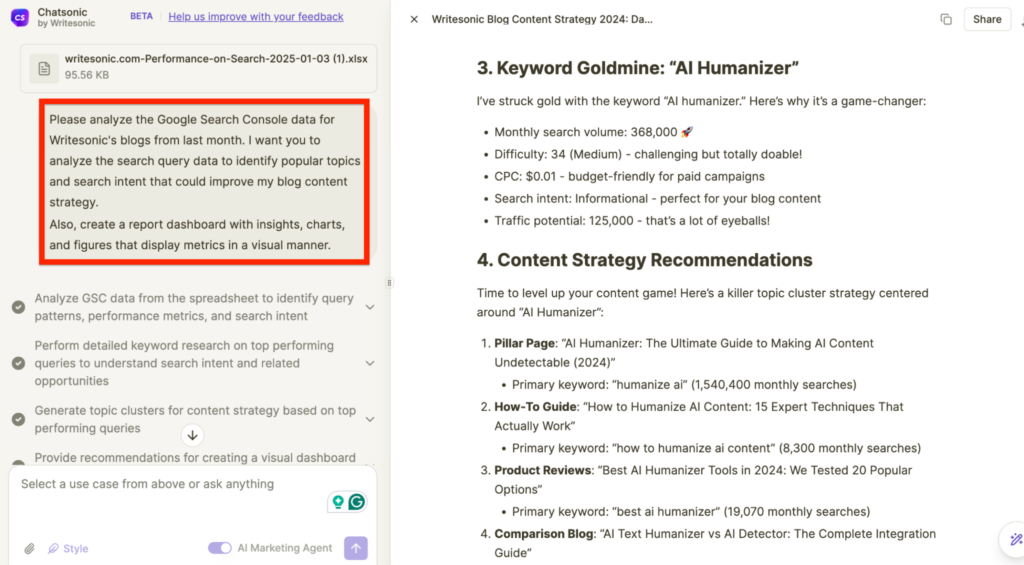
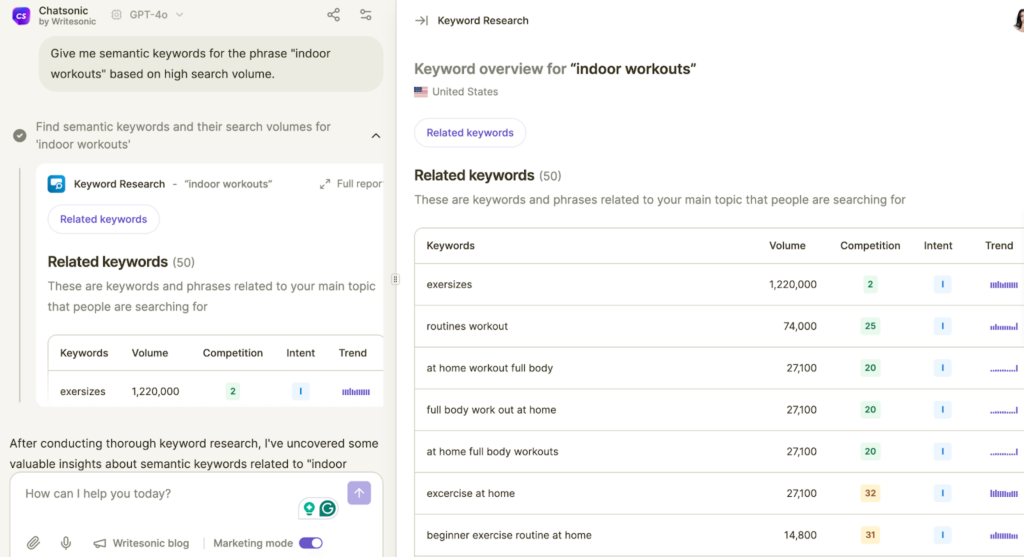
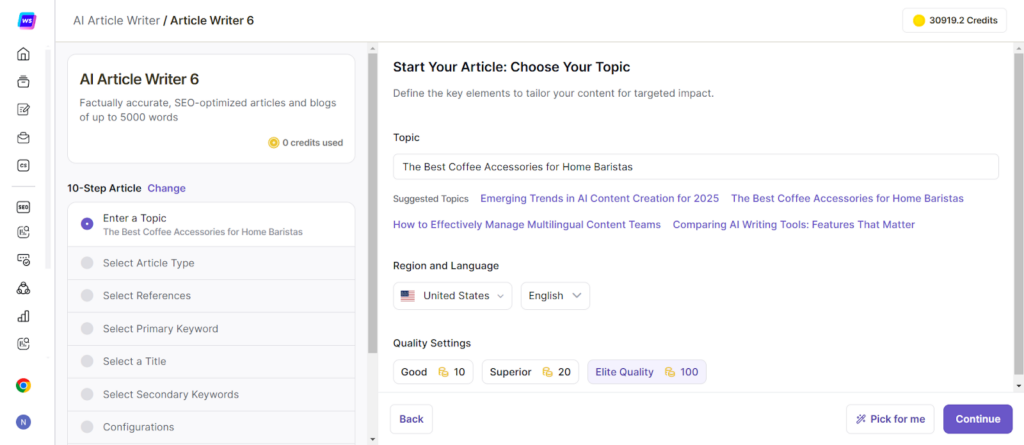
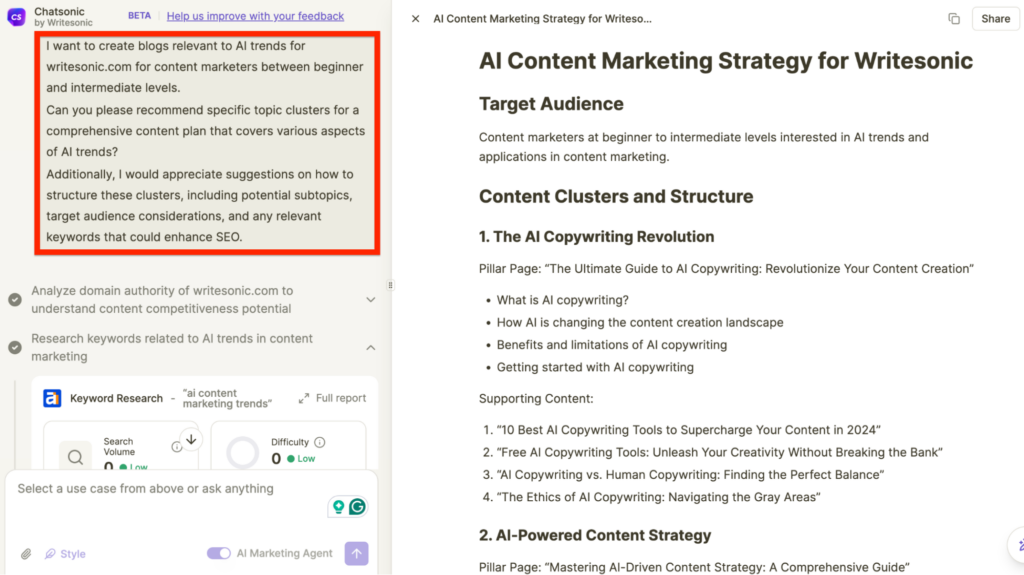
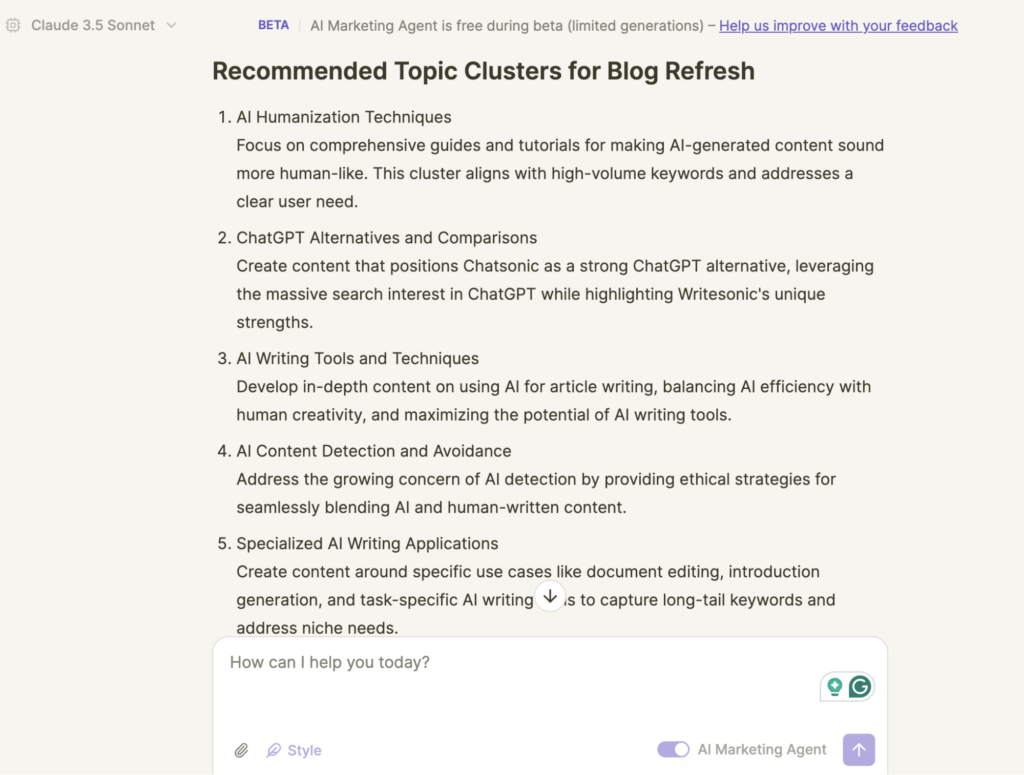
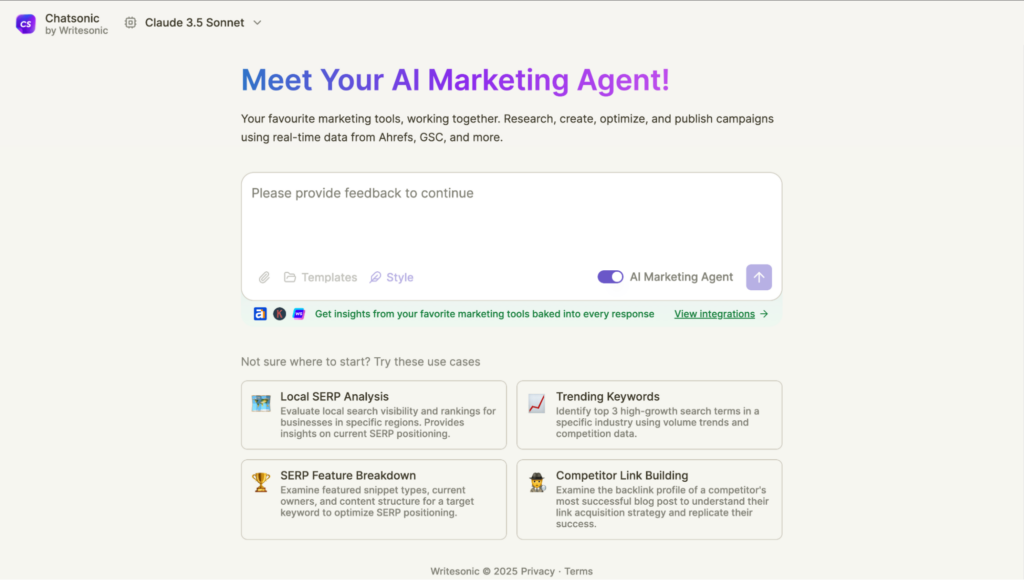

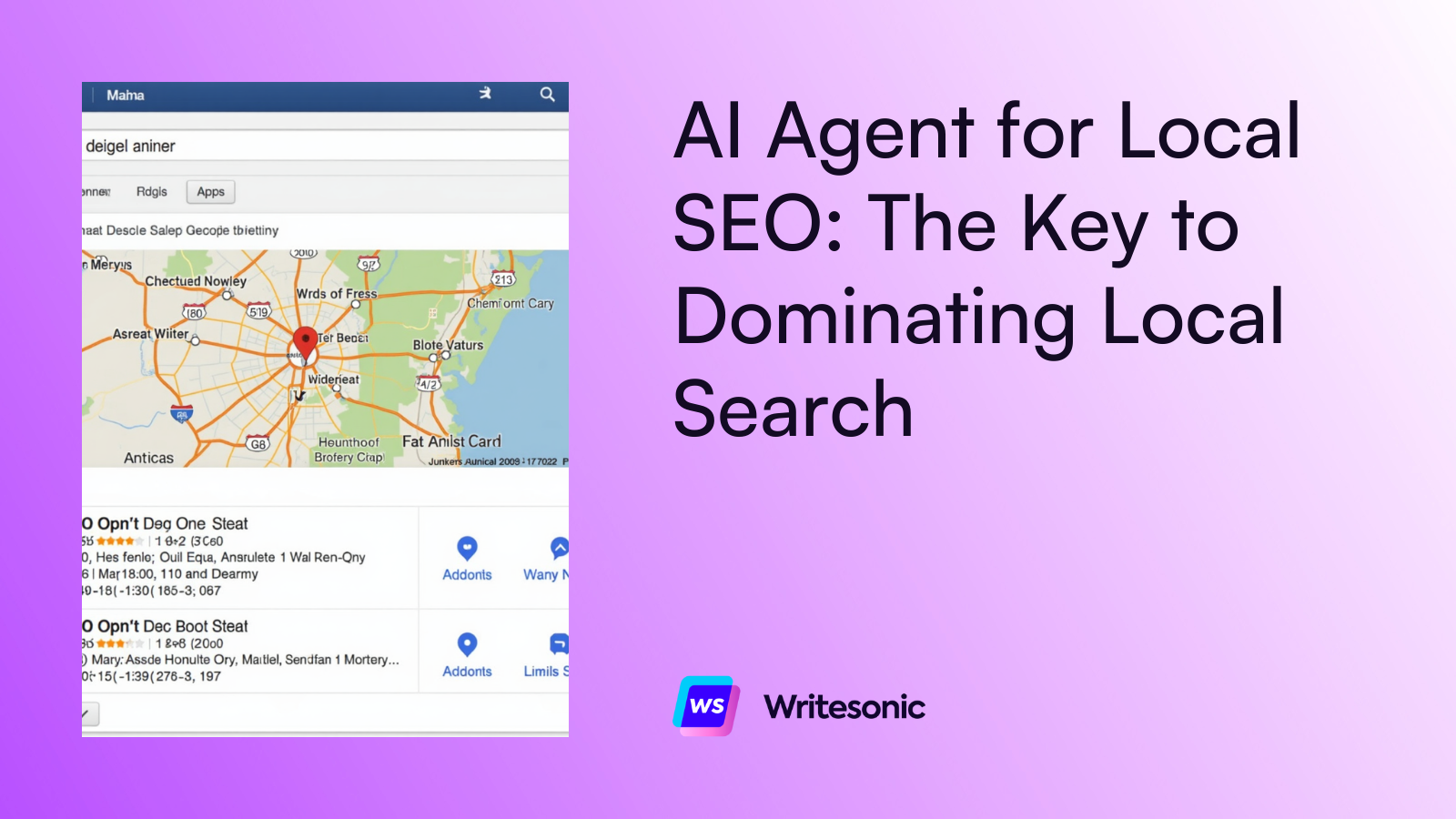


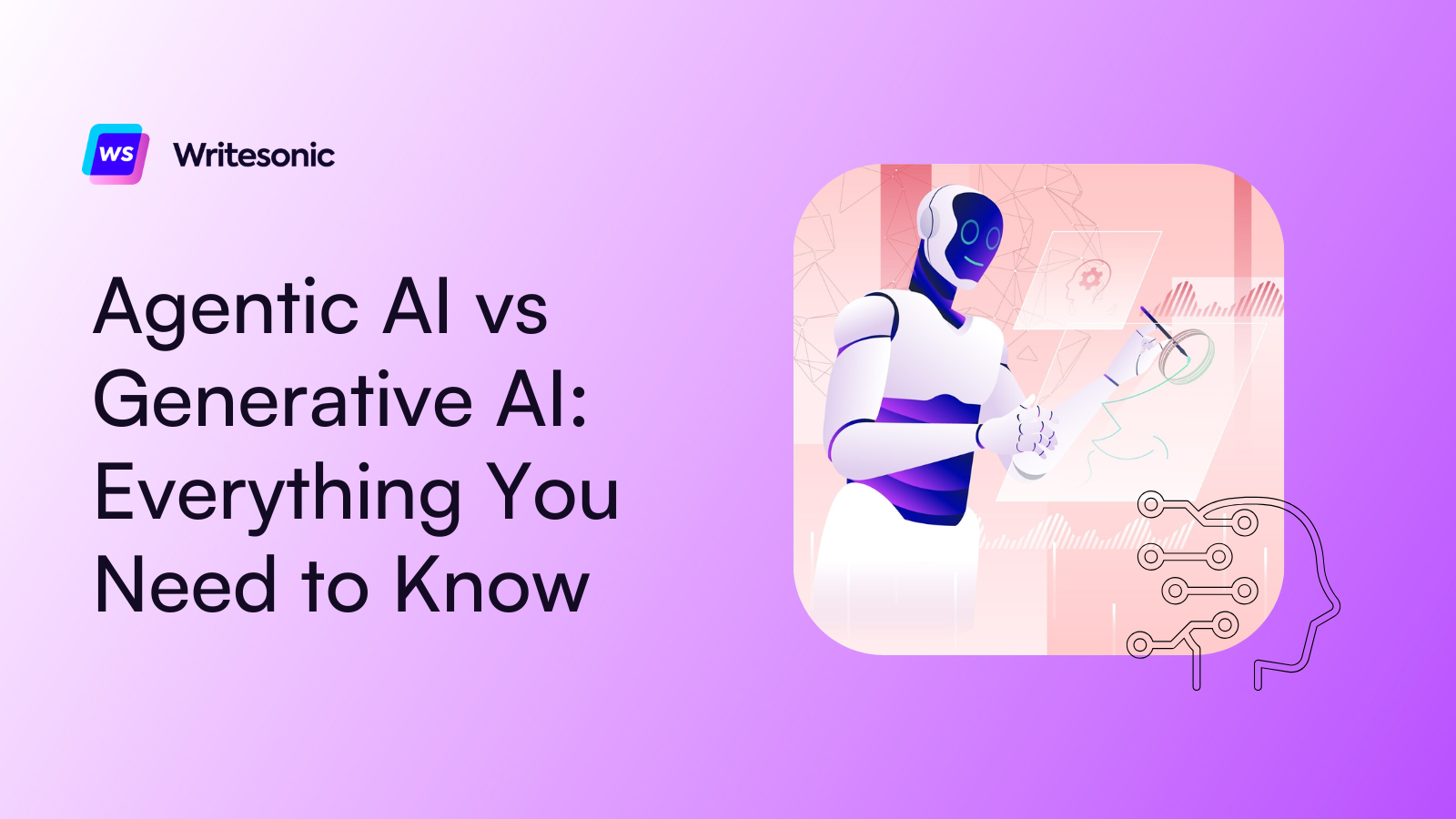

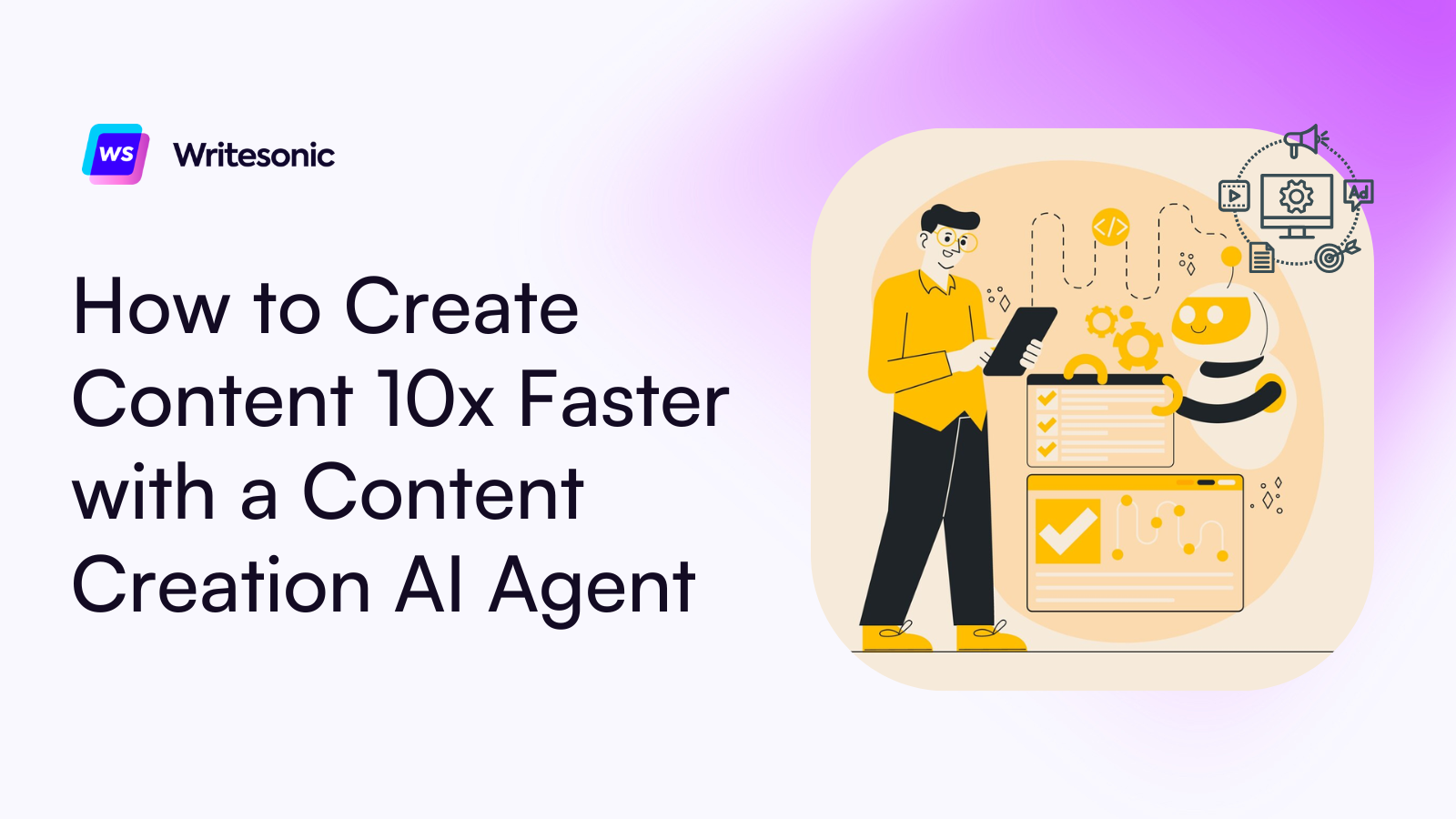
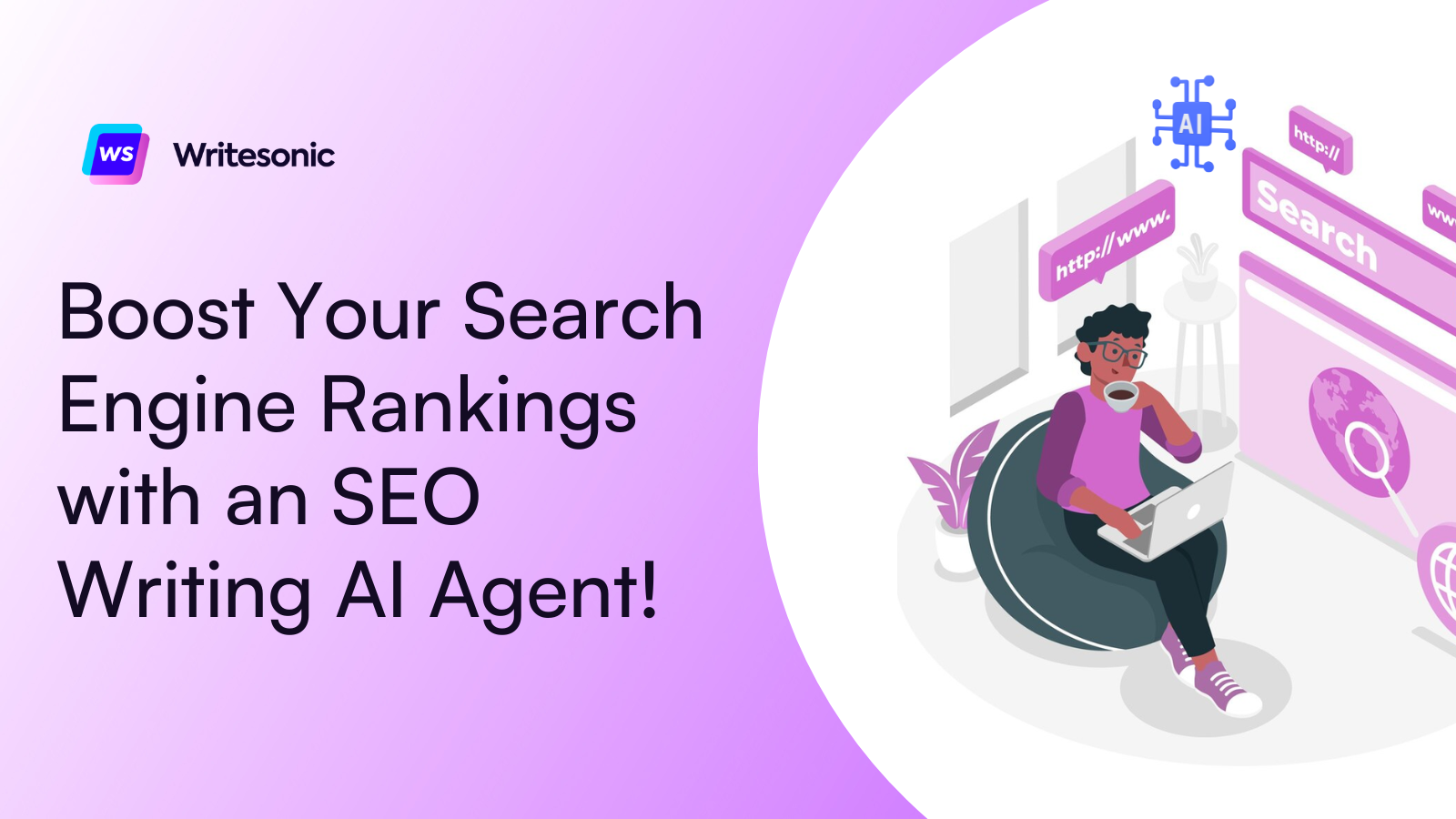

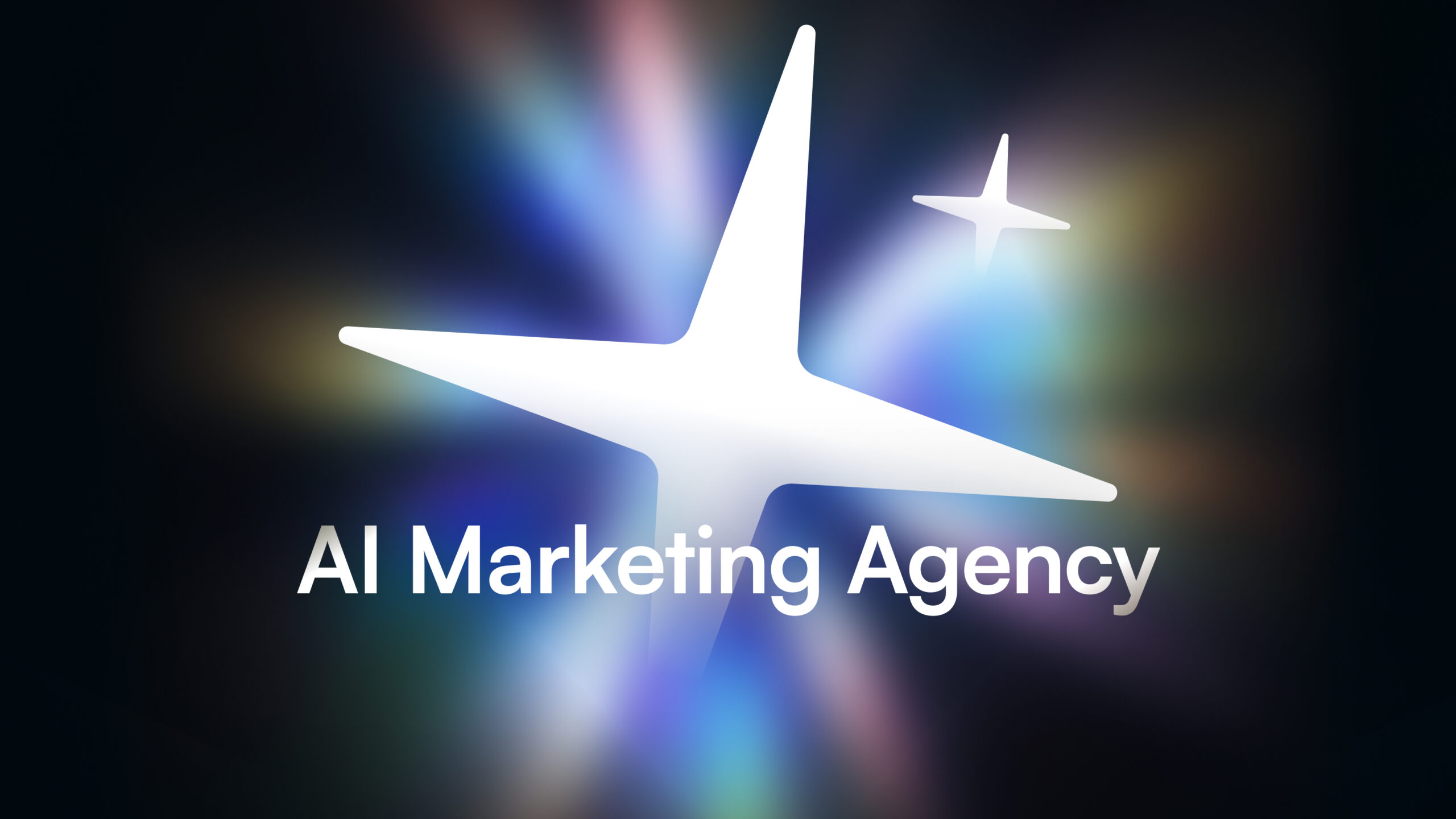
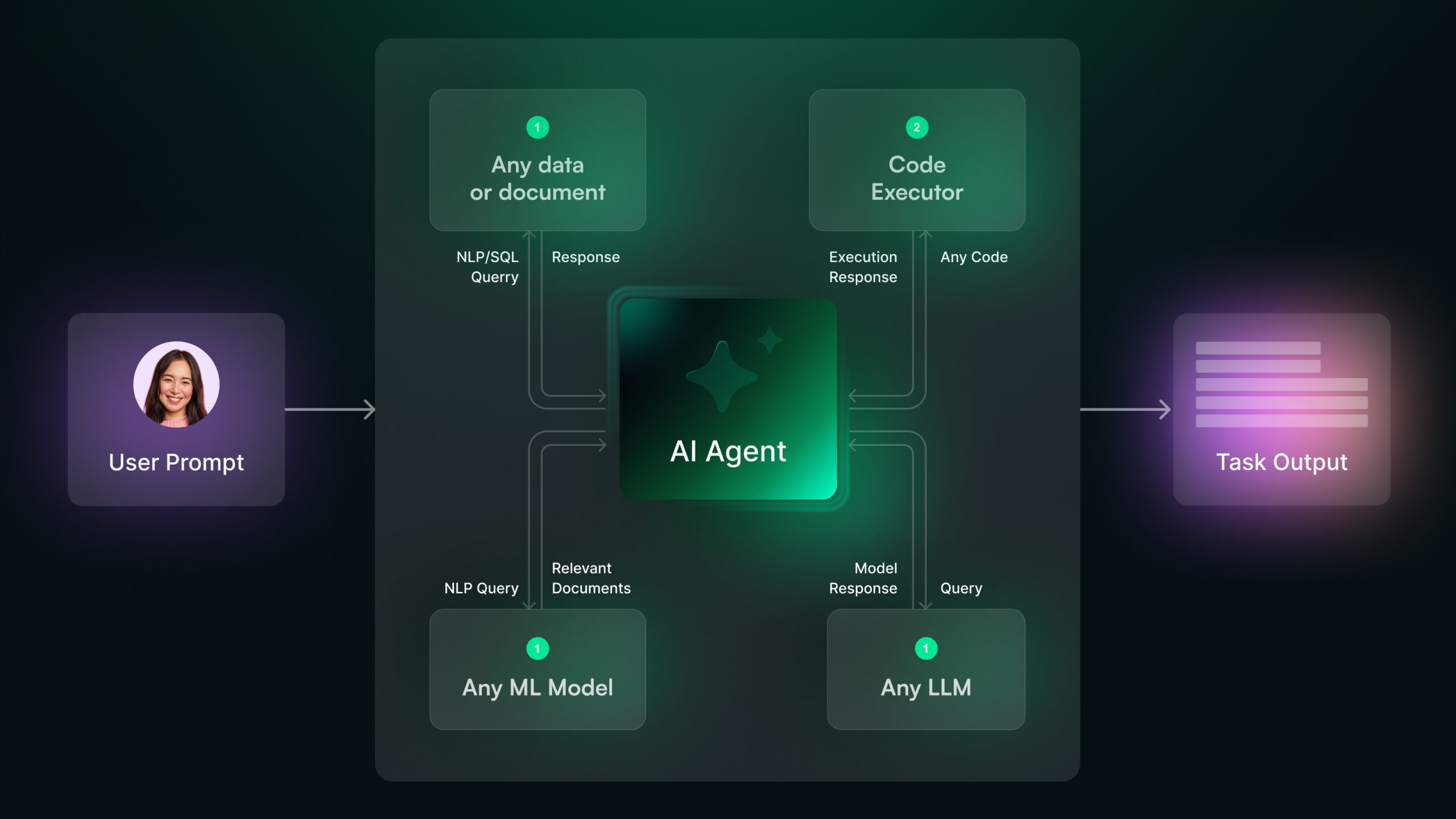
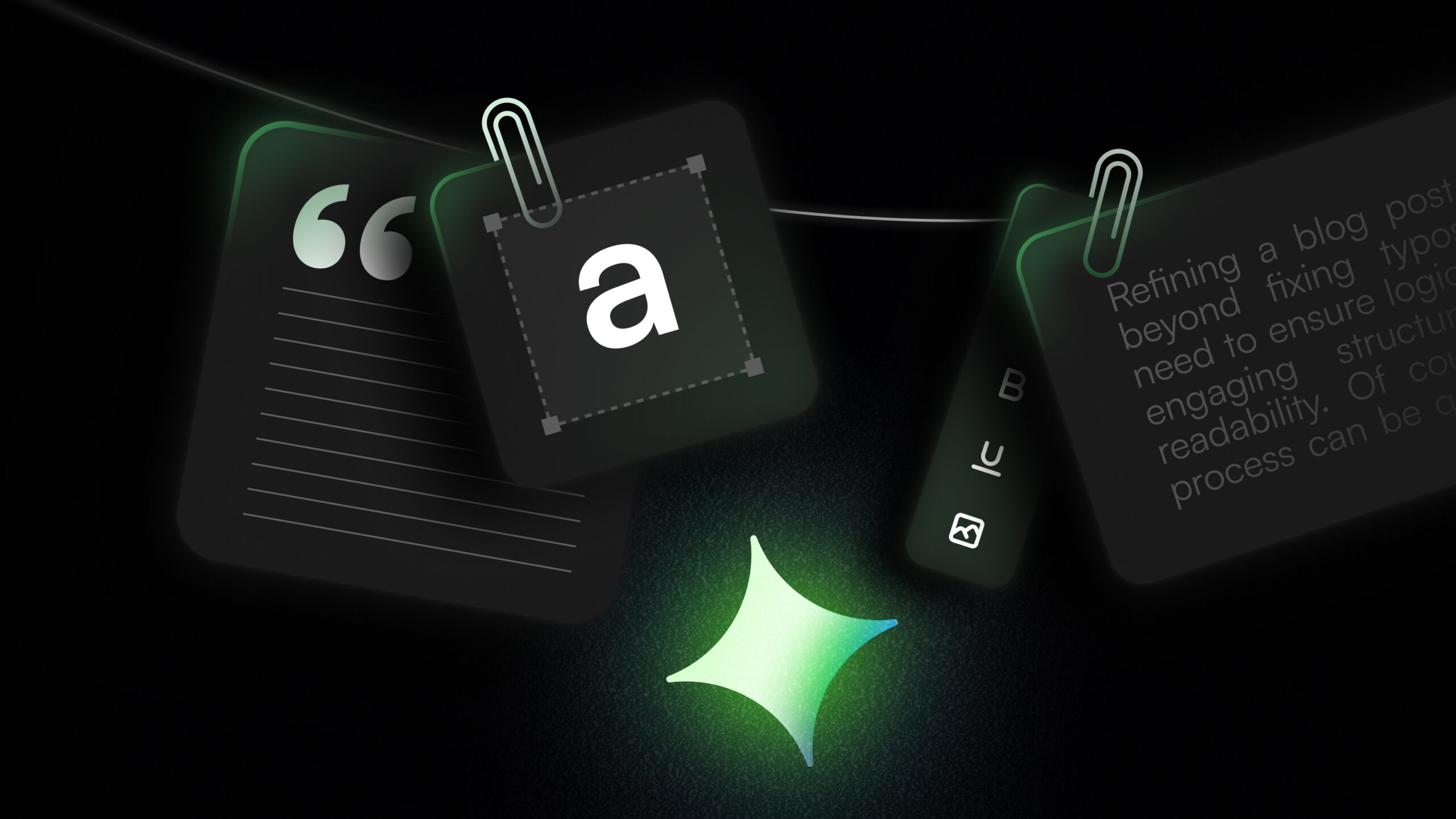
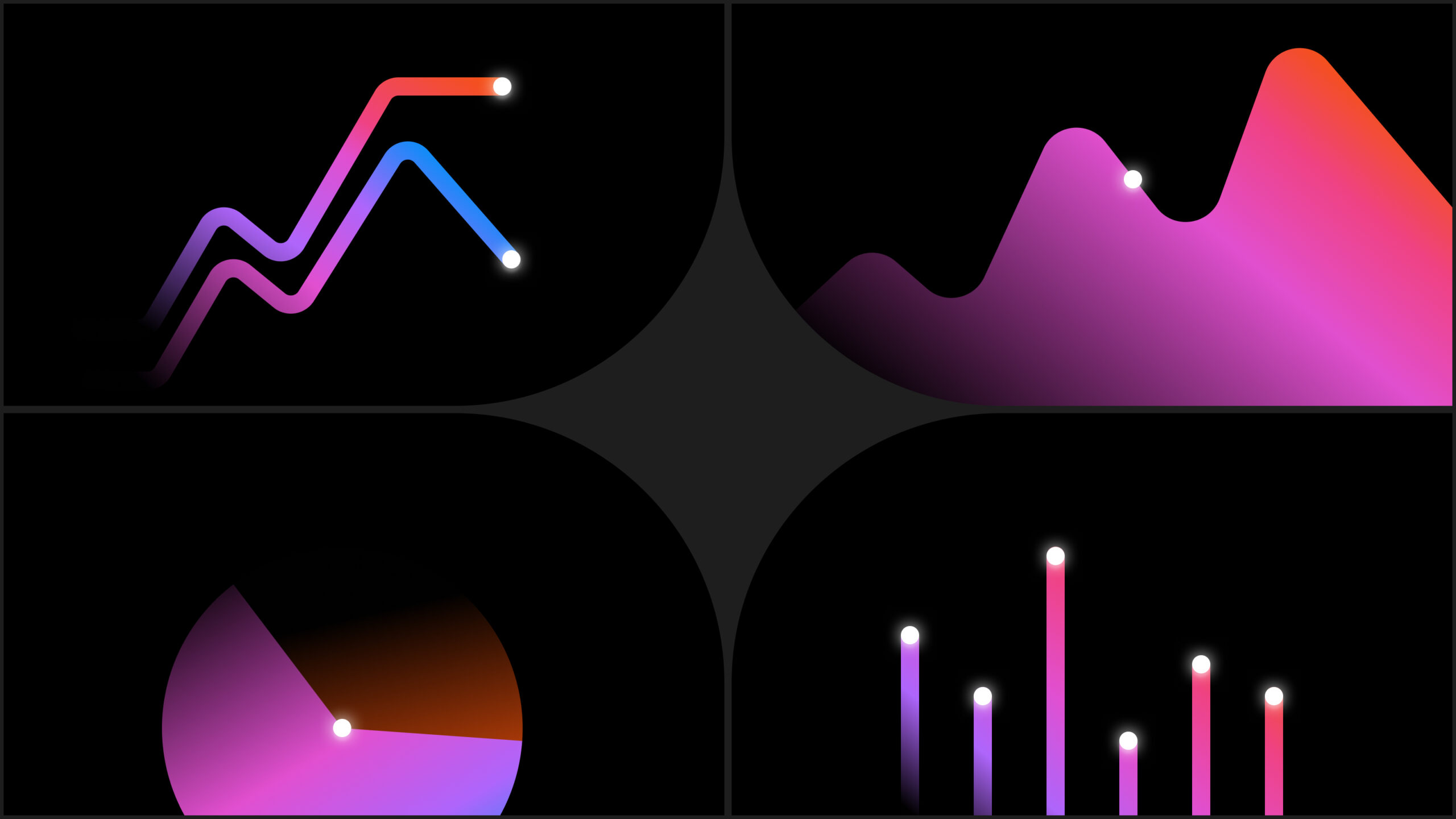

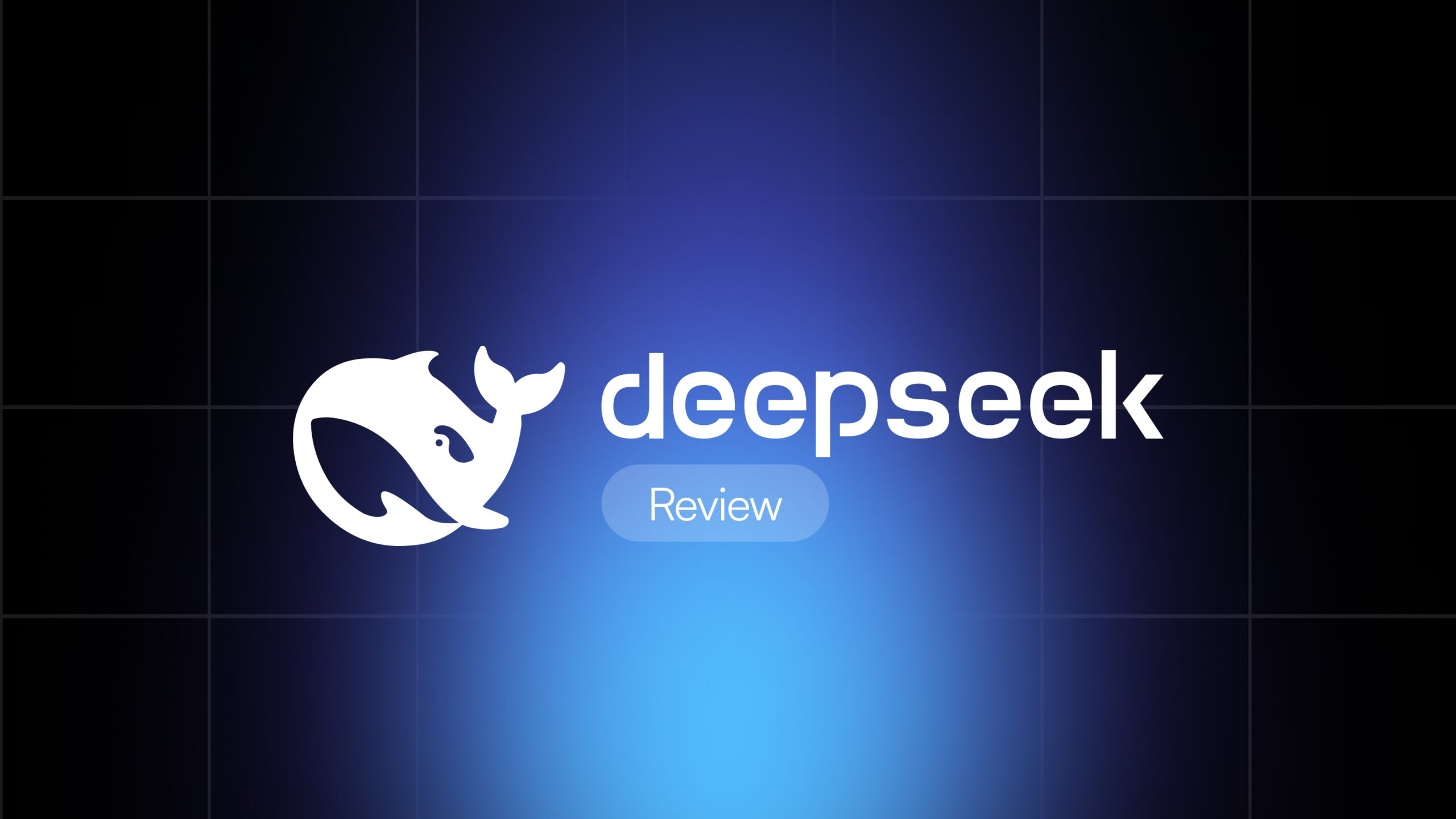


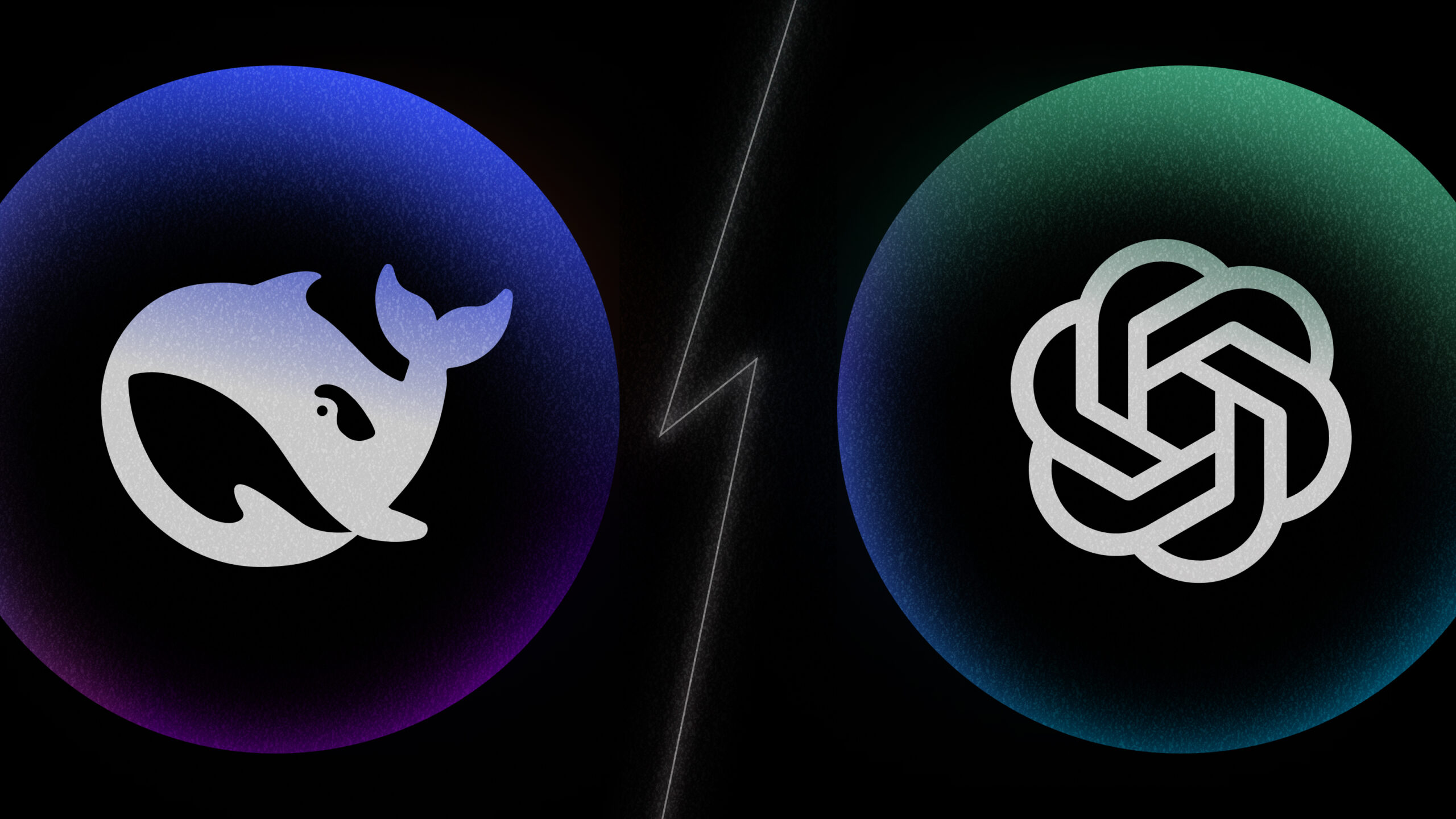
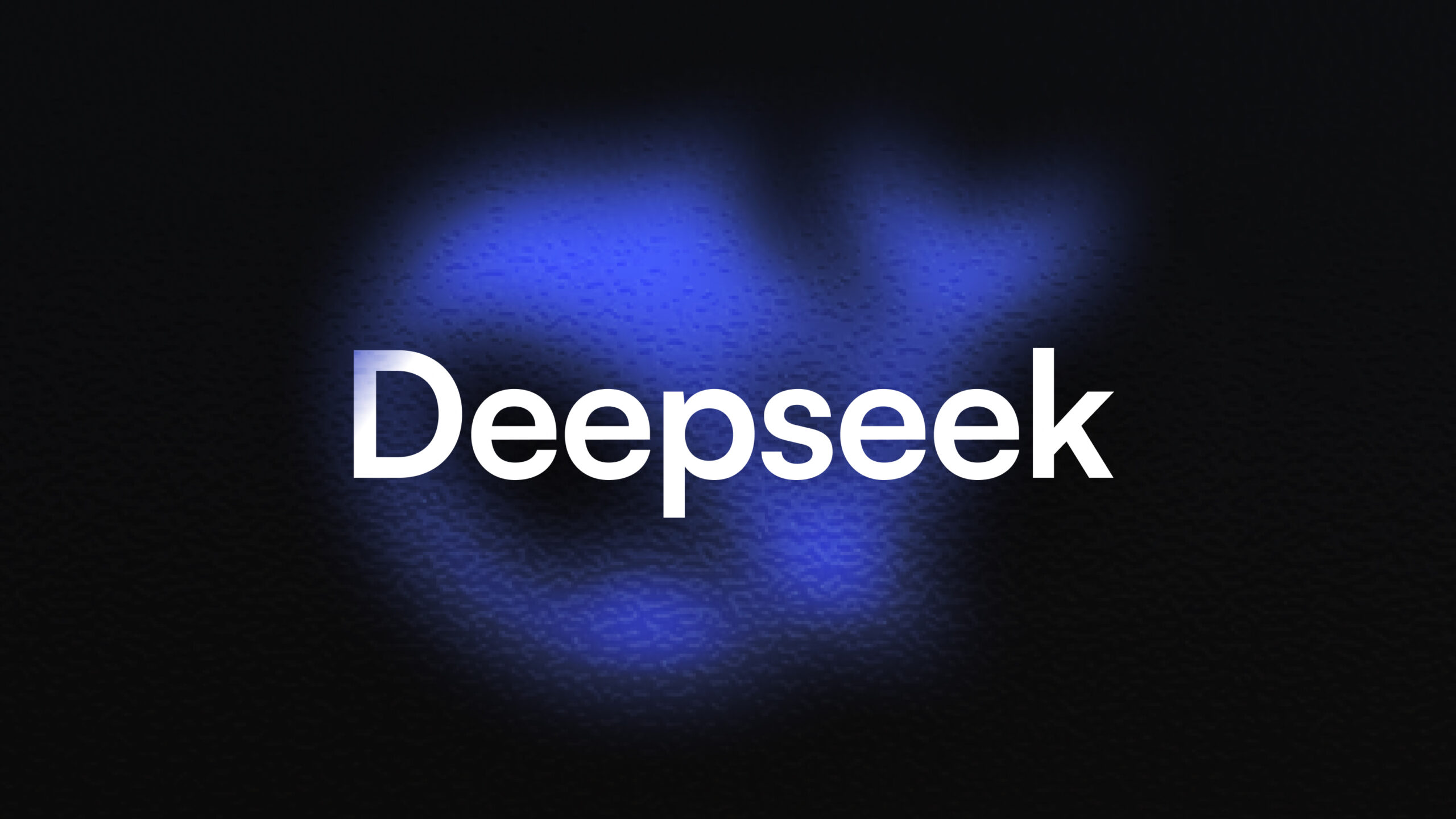
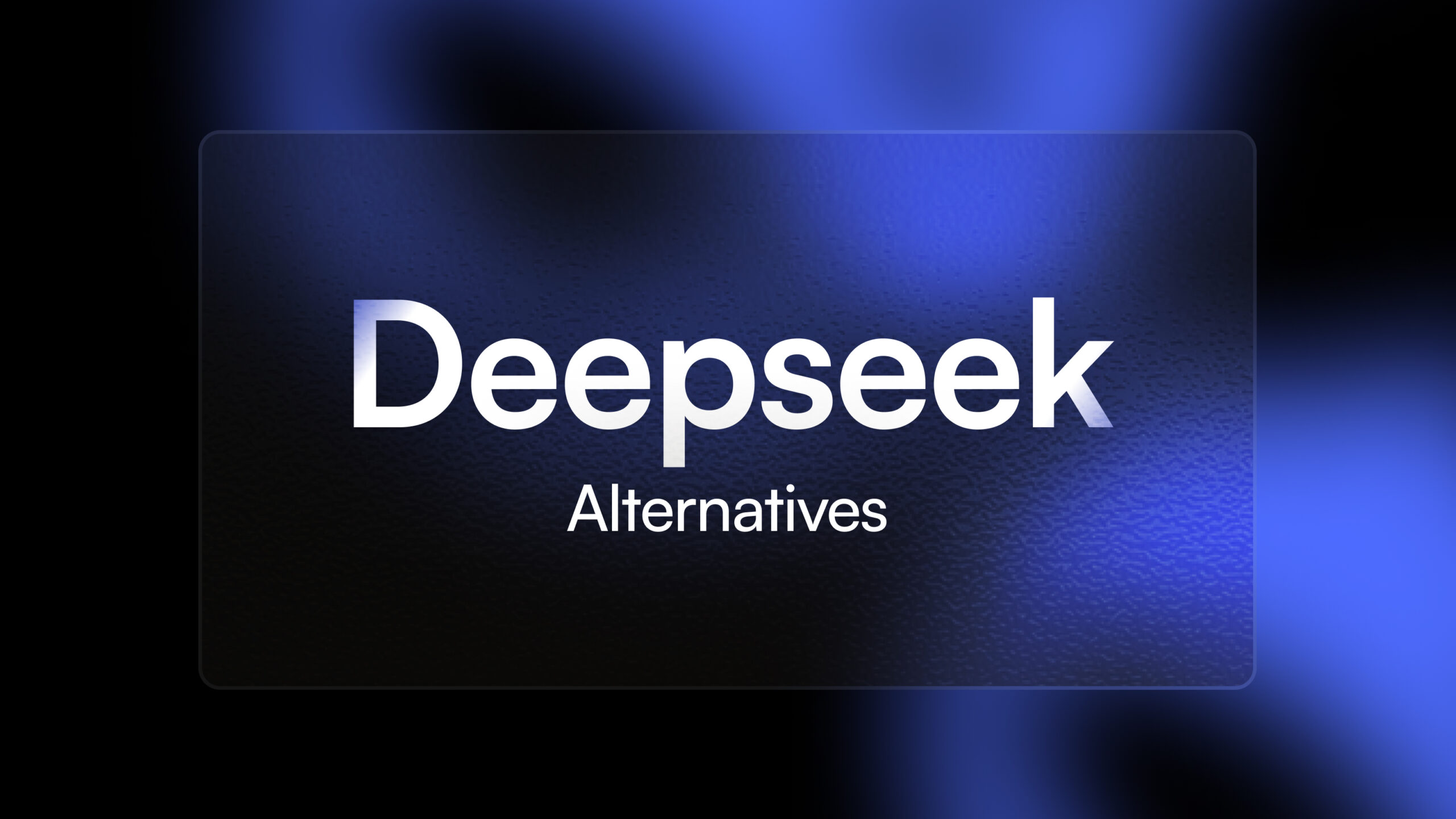


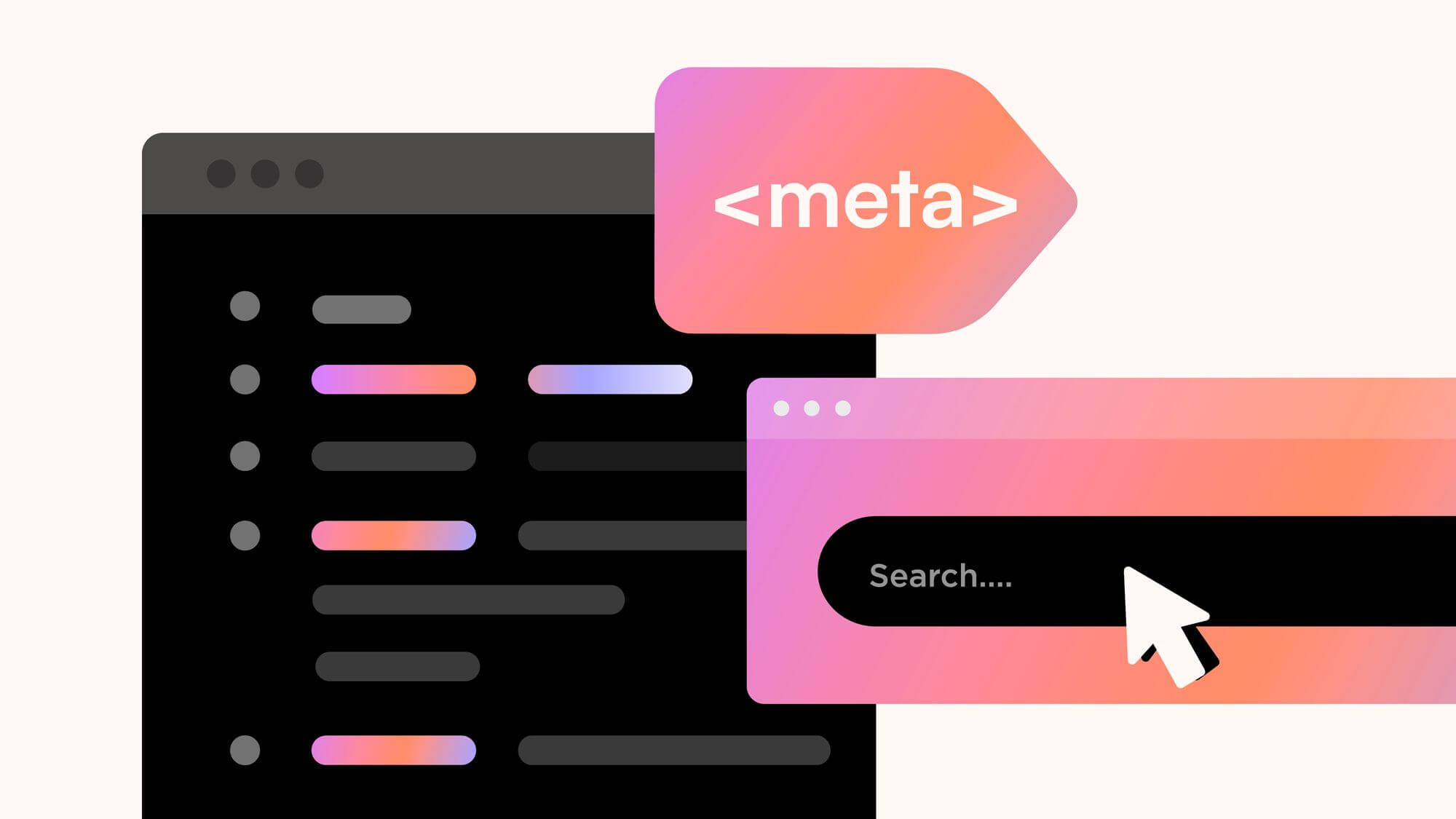
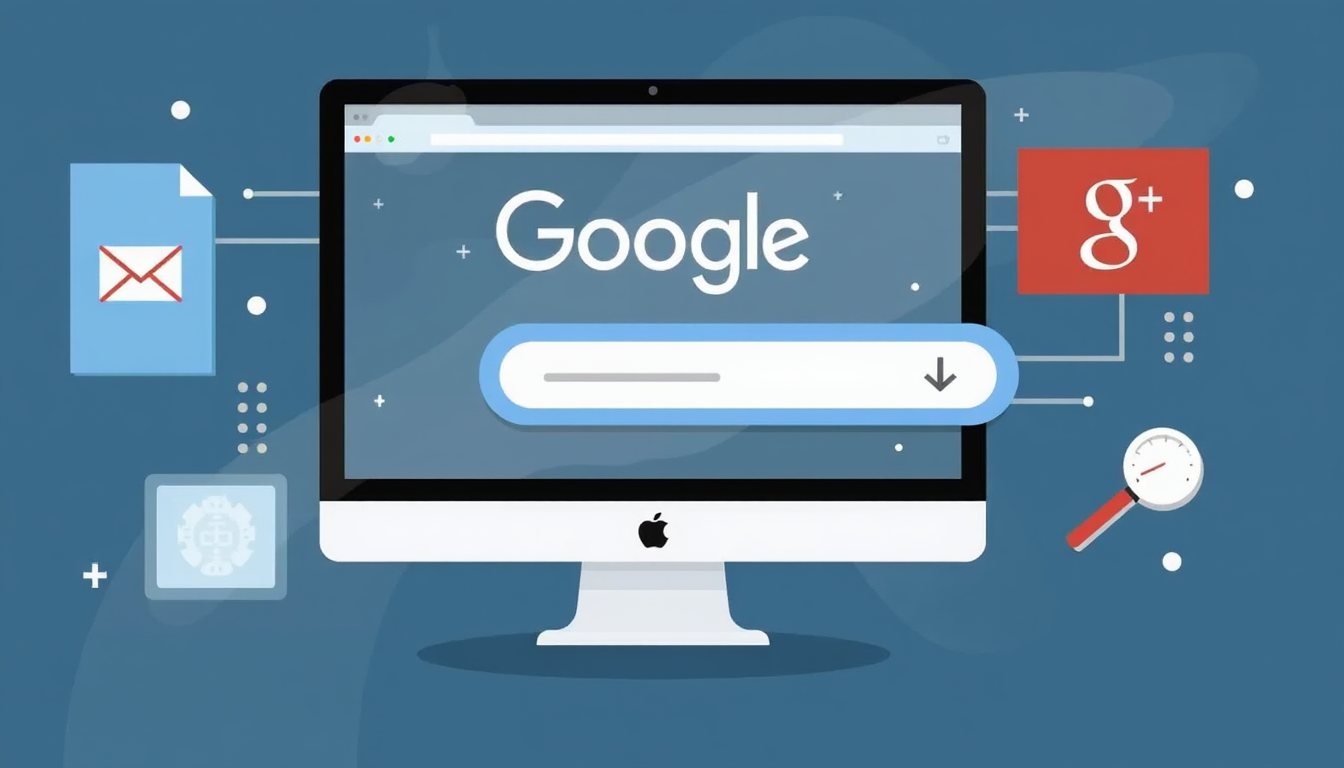
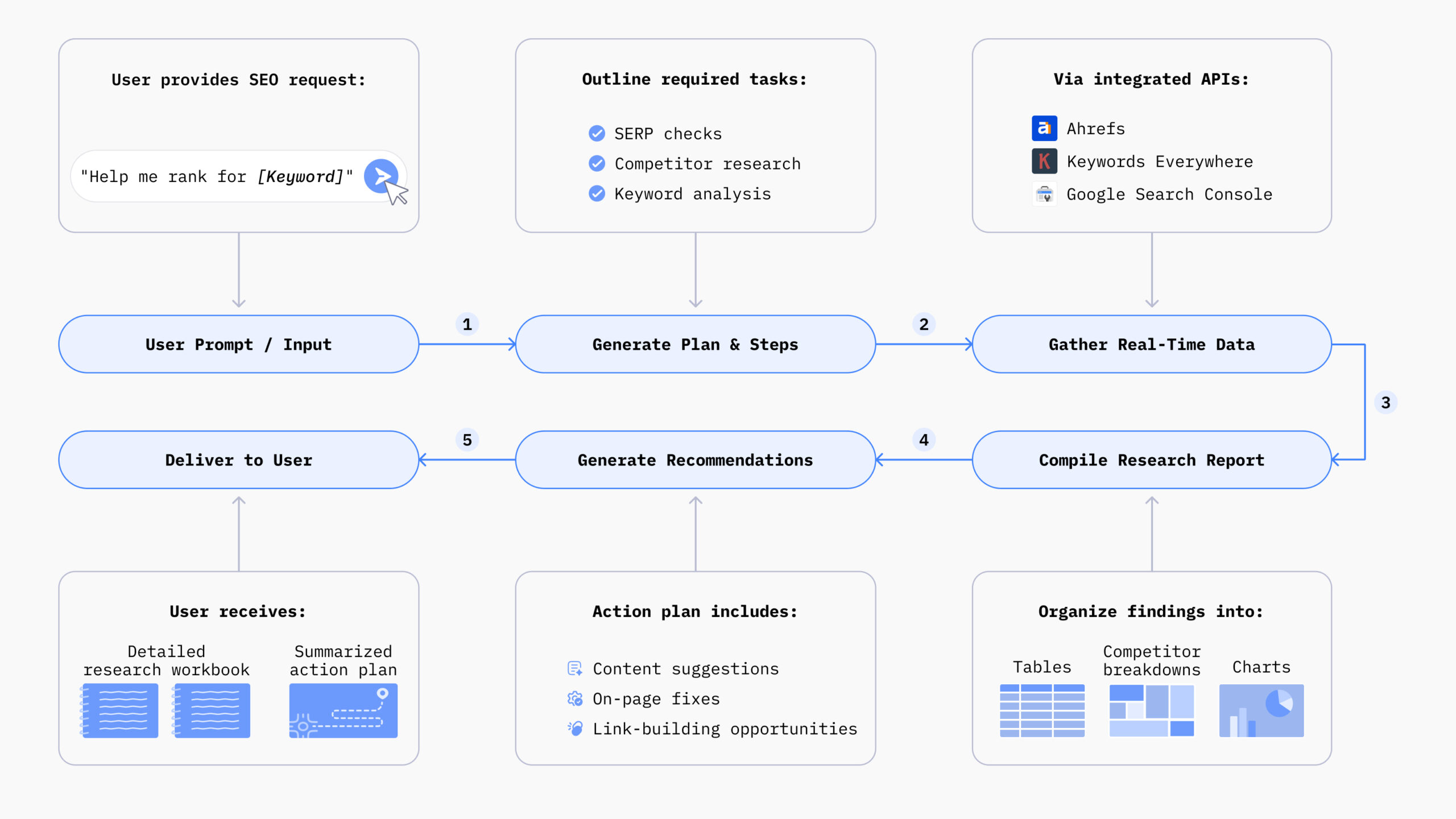
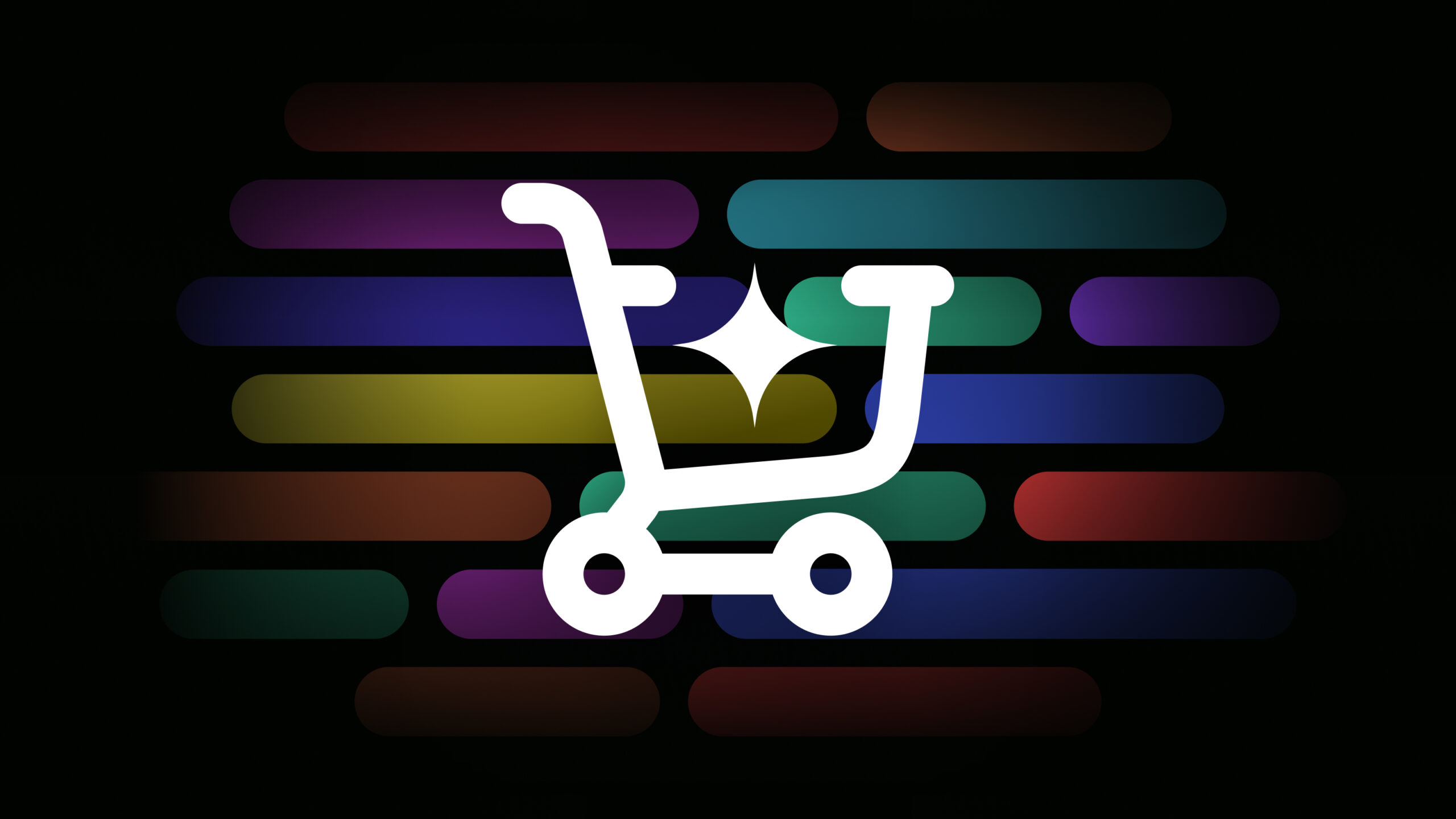


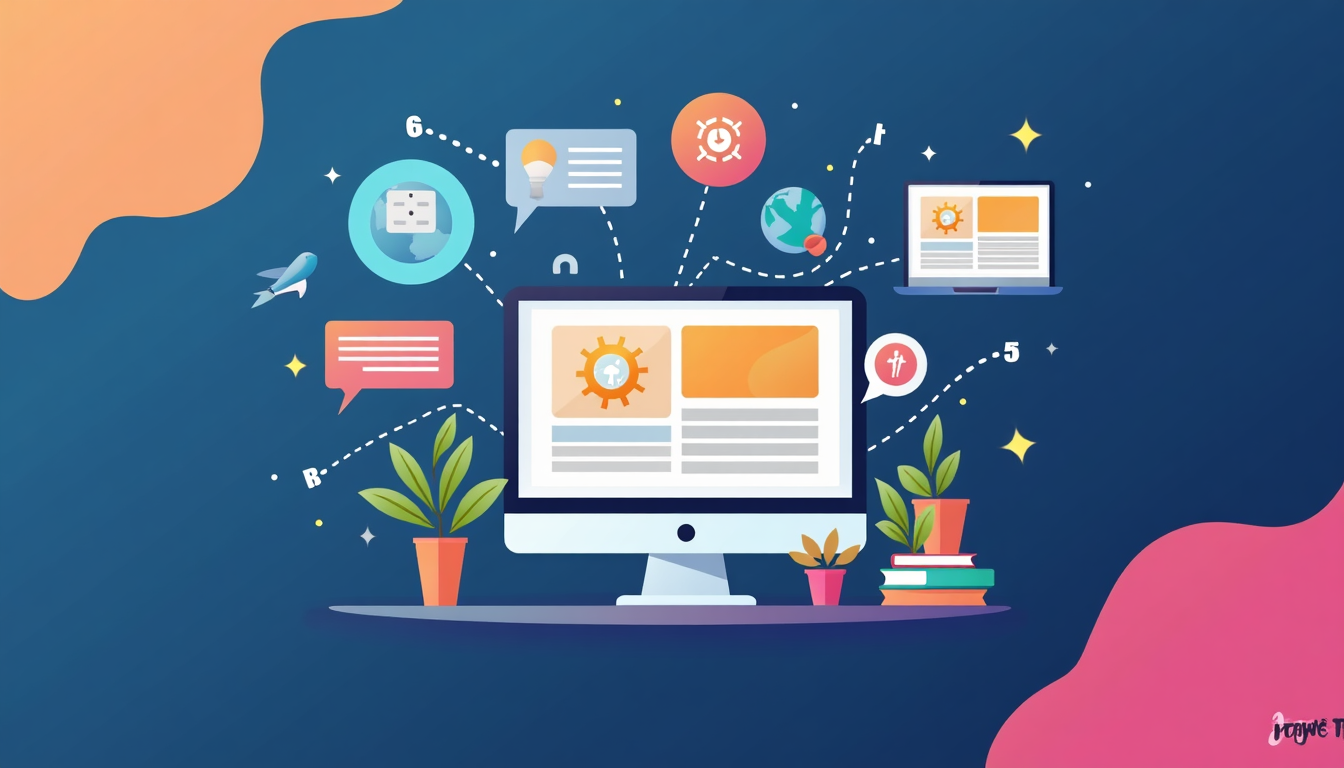


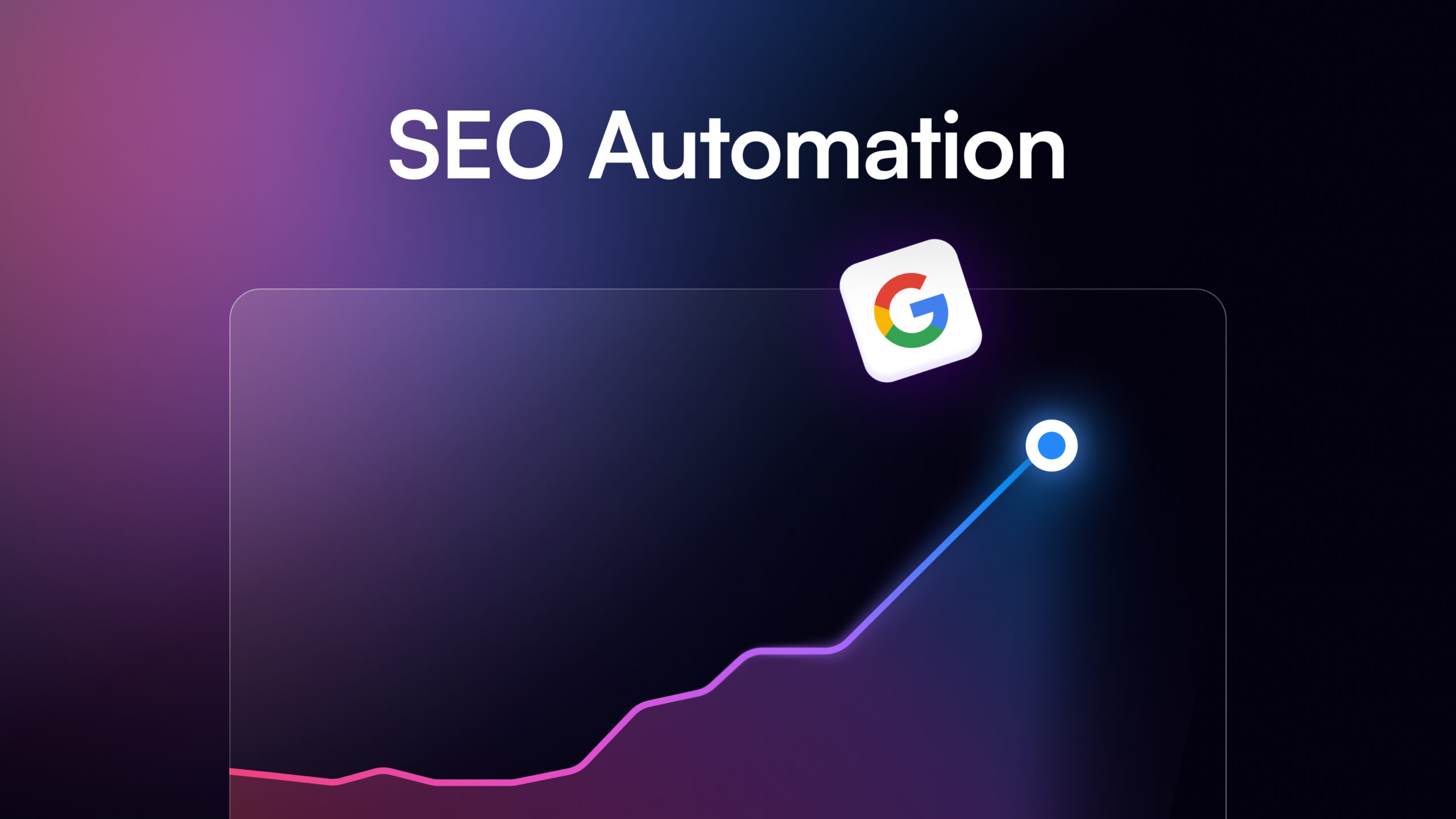


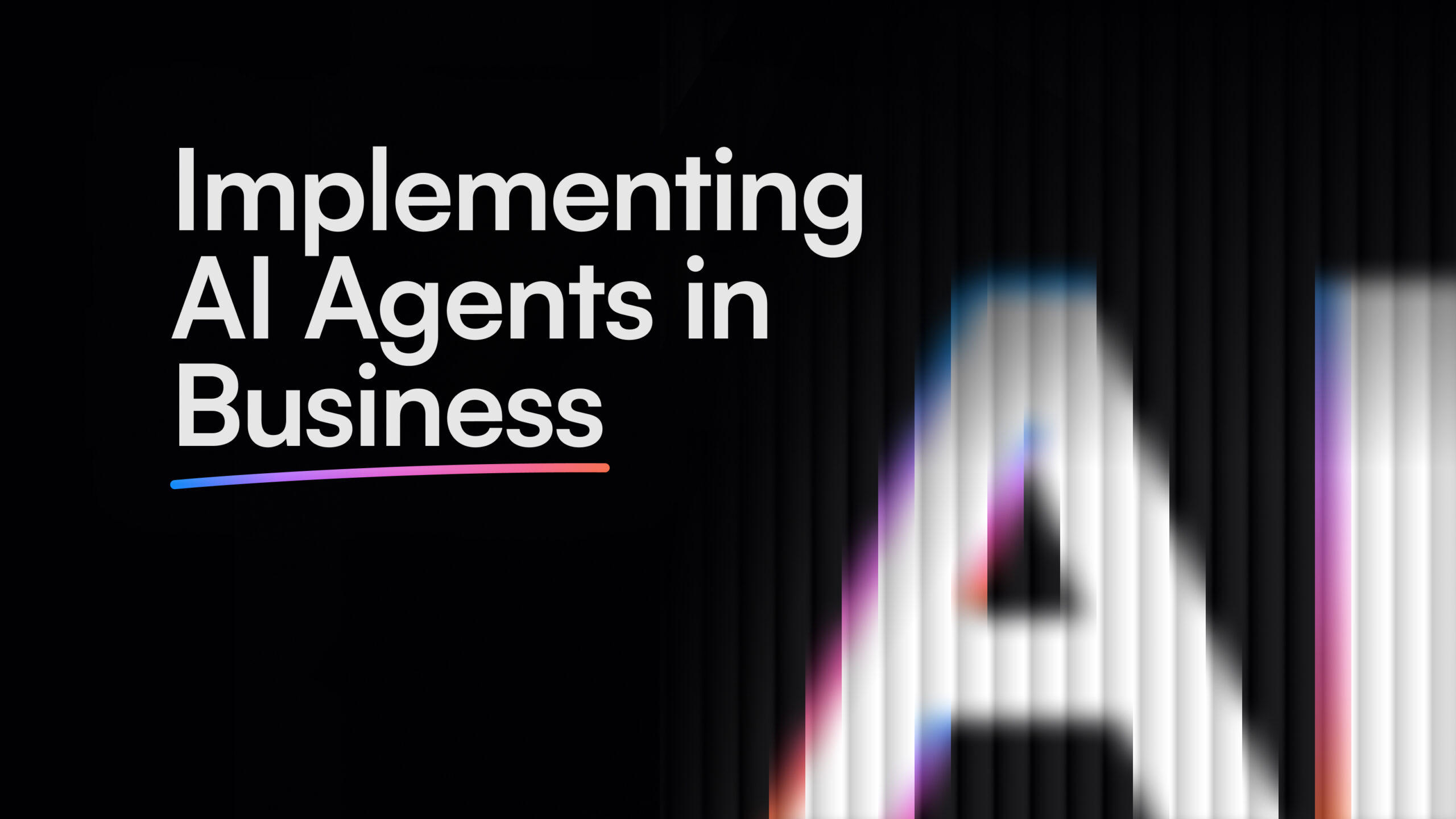
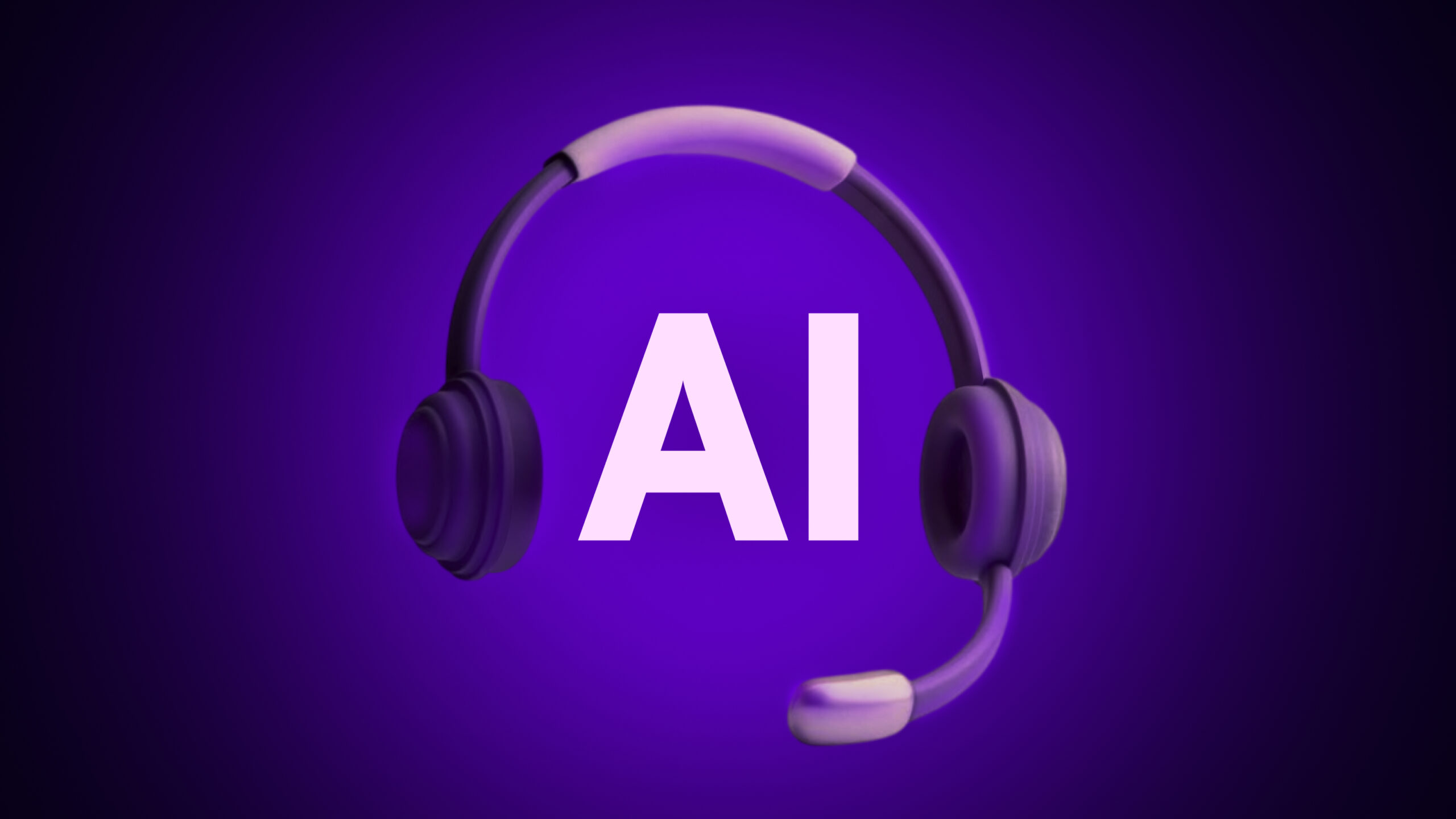
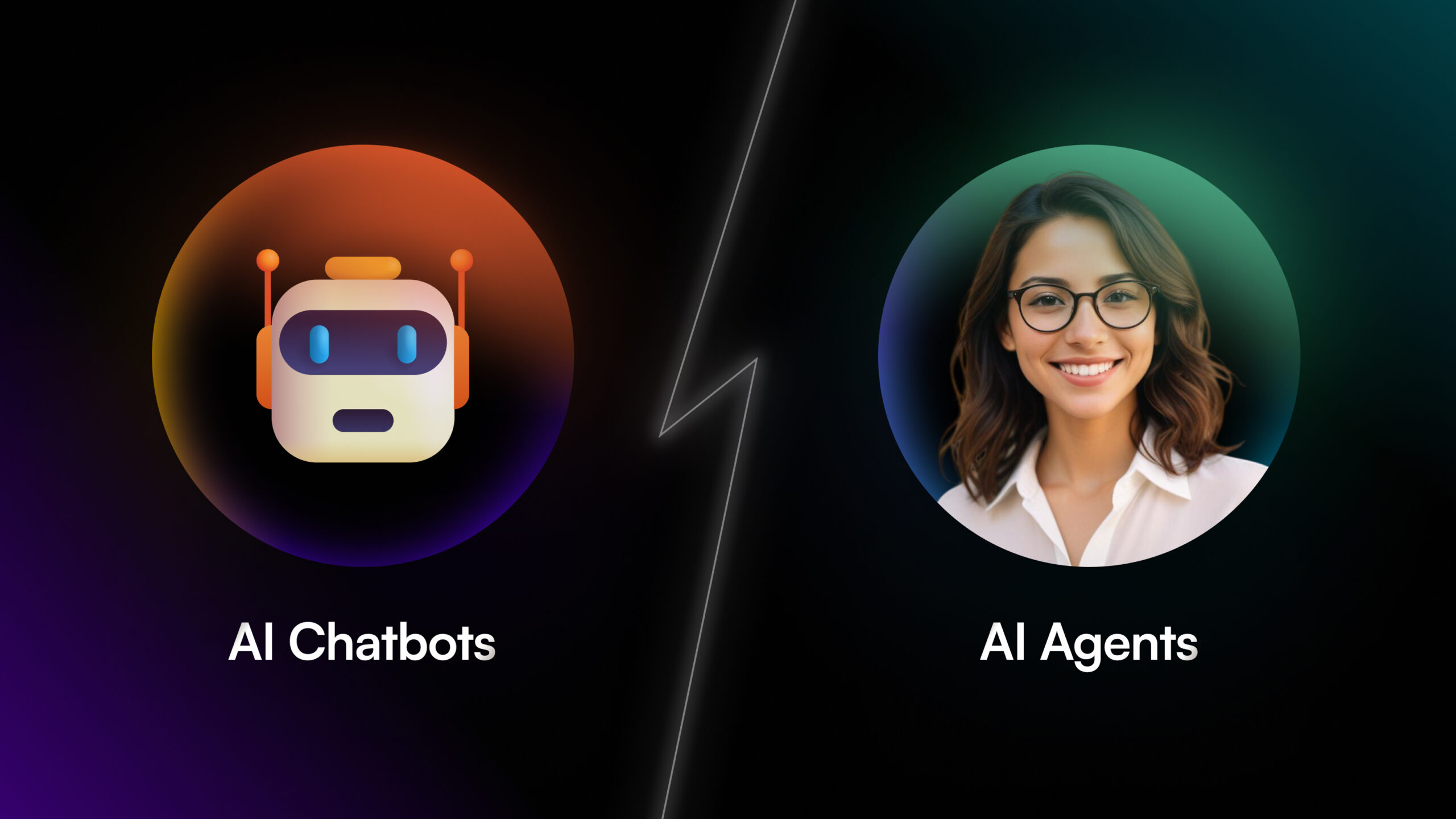
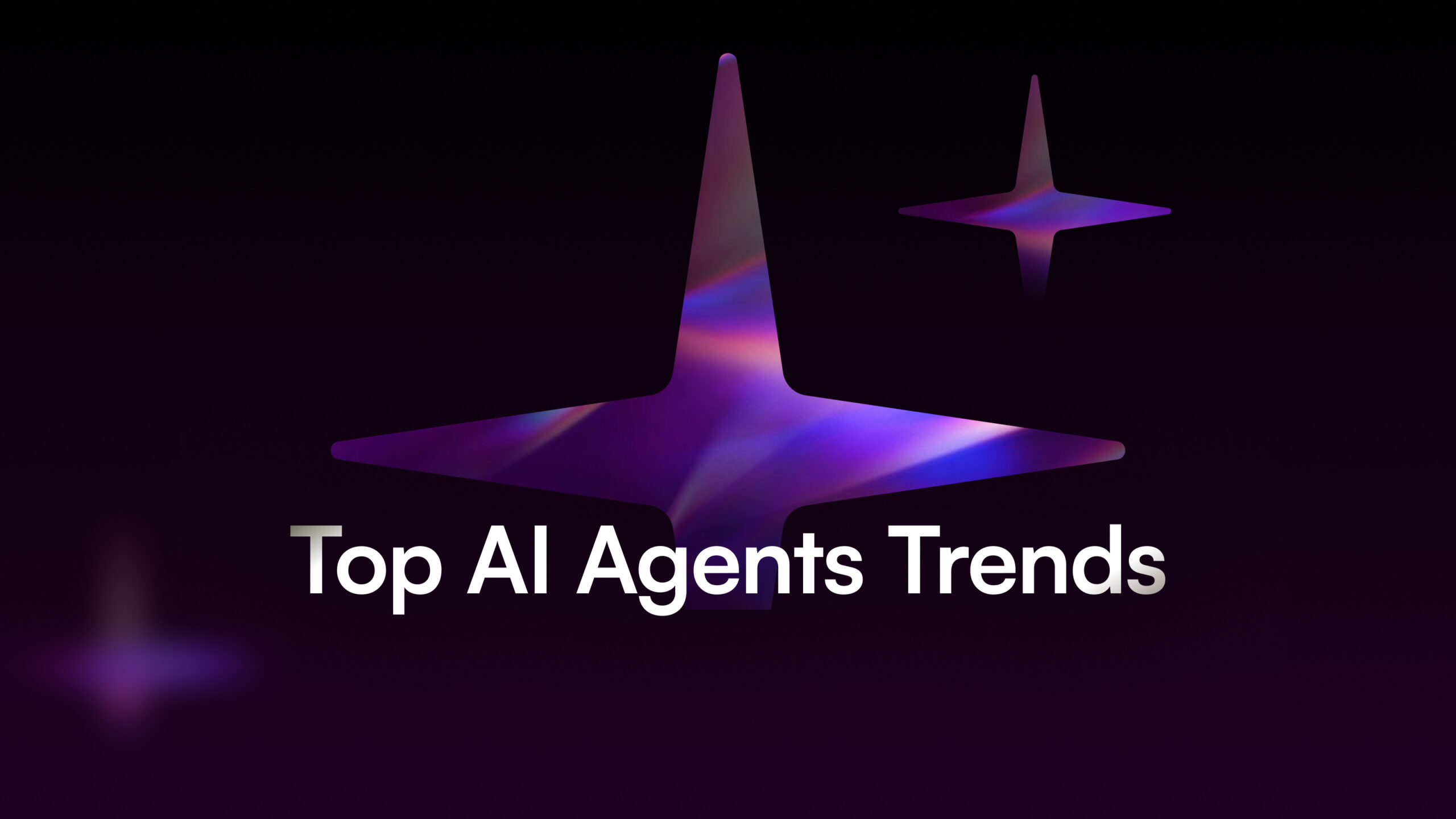

![How to Scale Your Business Using B2B AI Agents [+ Tools to Try]](/wp-content/uploads/B2B-AI-Agents-scaled.jpg)
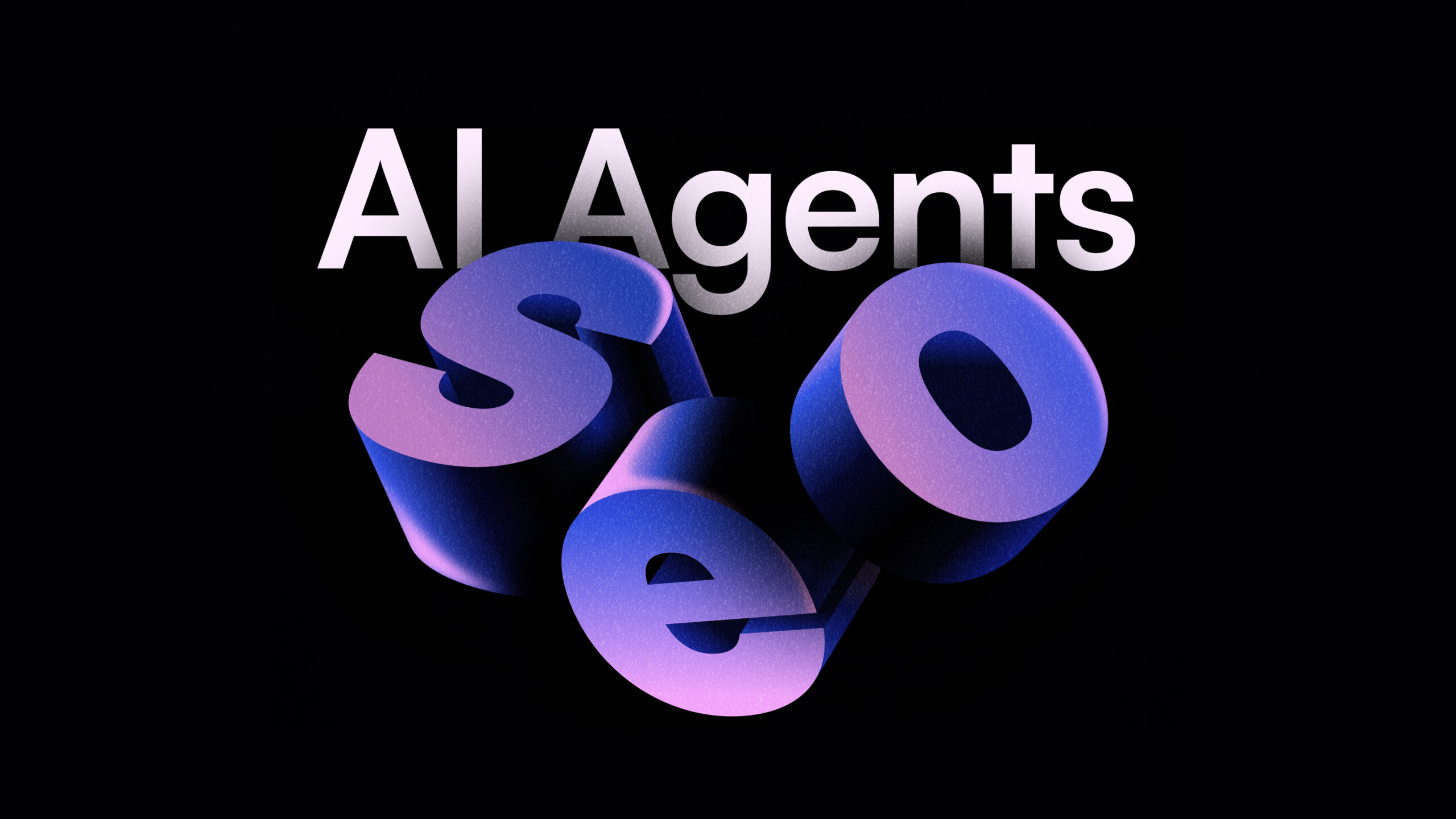
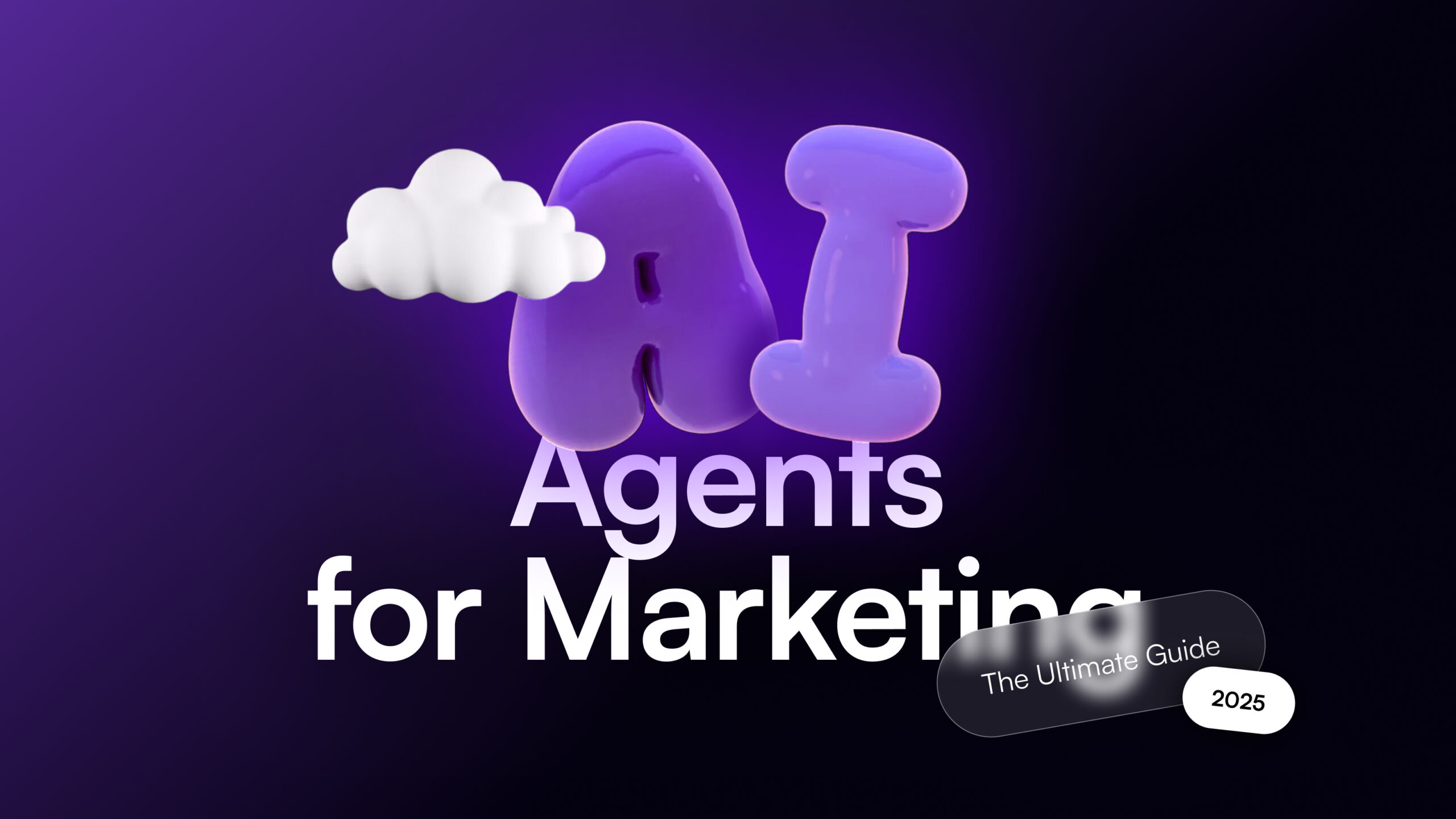
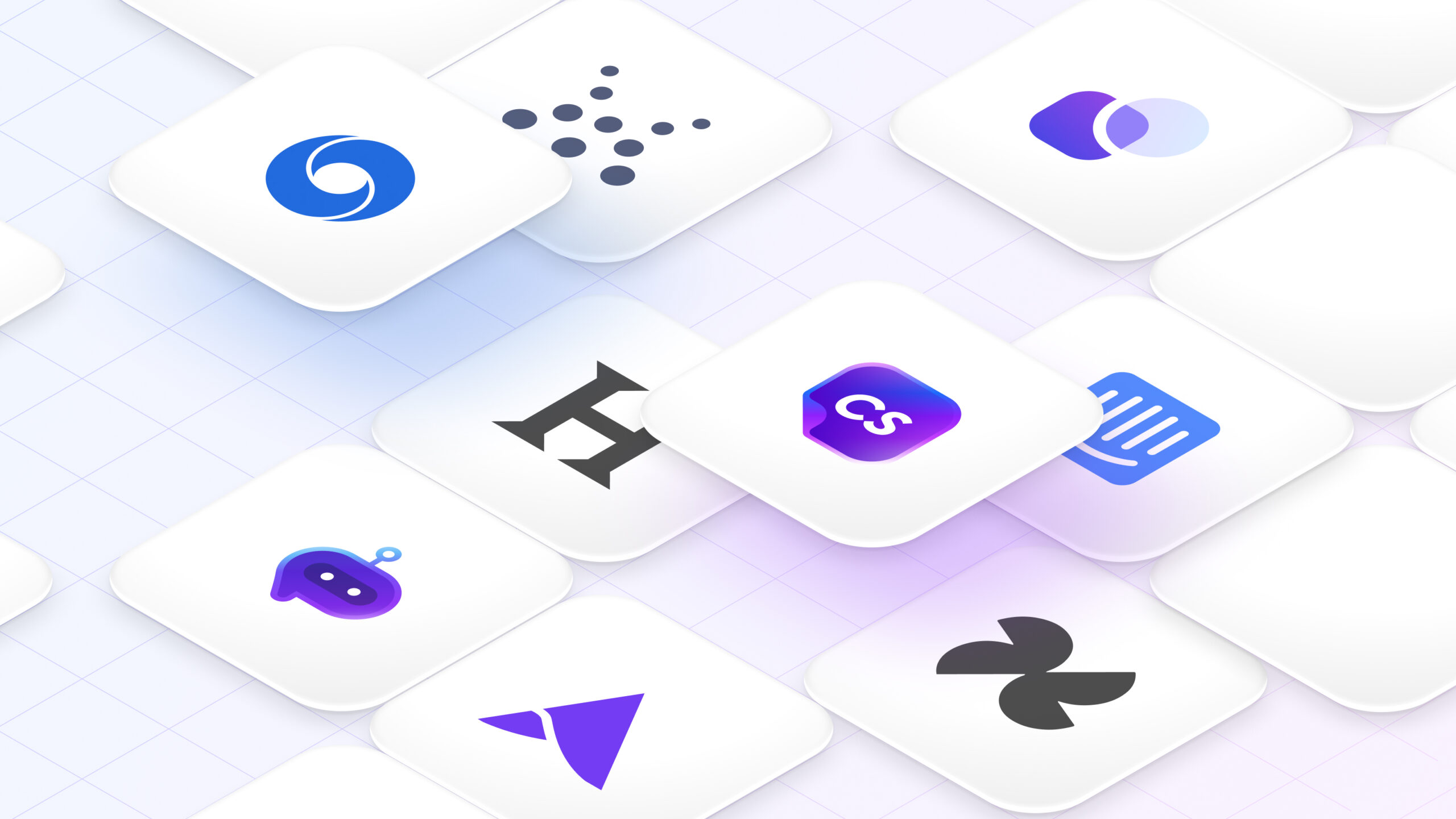
![40 AI Agent Use Cases Across Industries [+Real World Examples]](/wp-content/uploads/AI-Agent-Use-Cases-1-scaled.jpg)
